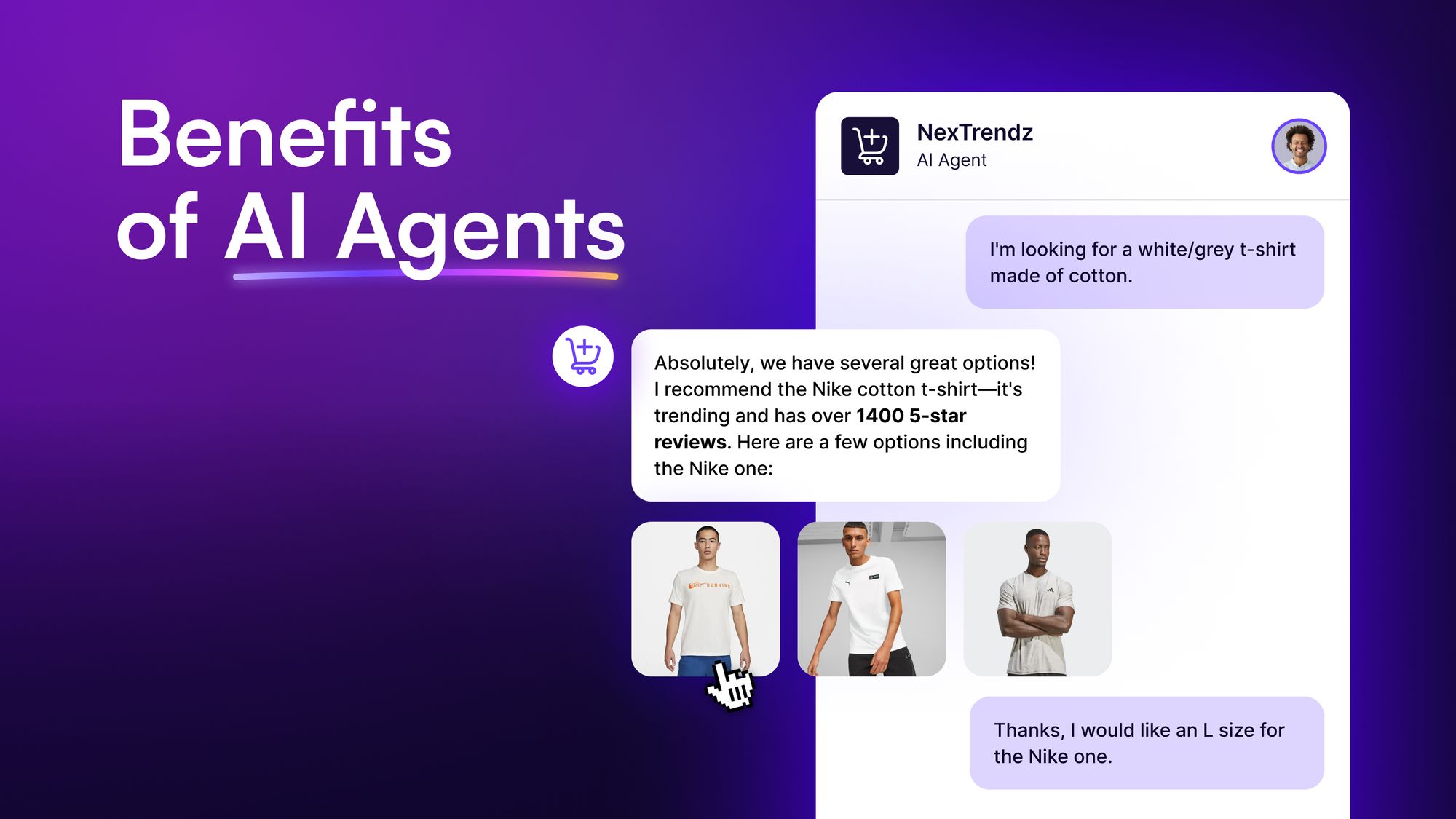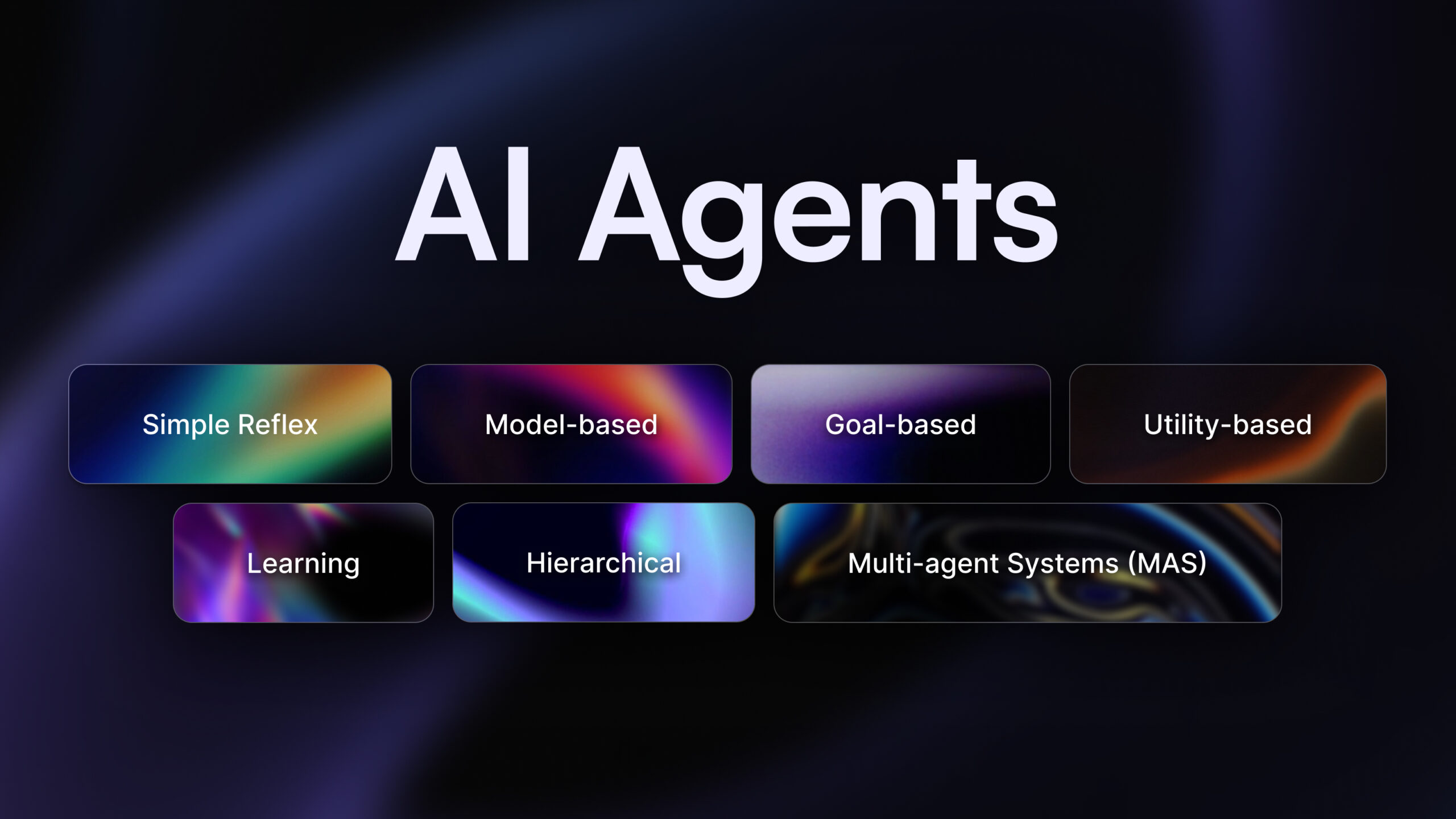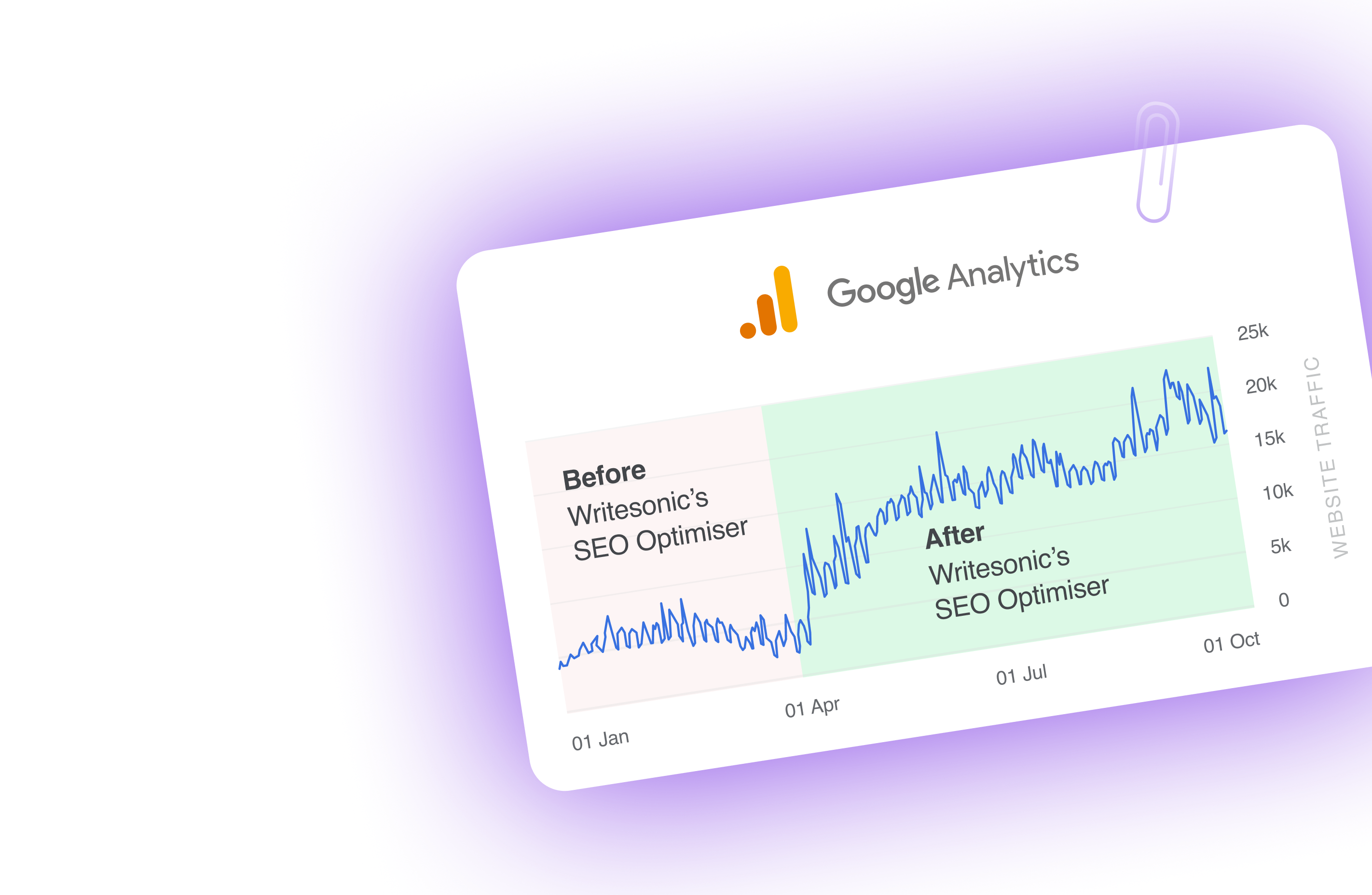What does your current SEO process look like?
If it’s still a mix of spreadsheets, multiple SEO tools, and guesswork — you’re not just burning money. You’re settling for a place far behind in the competition.
In the era of AI, here’s what your SEO process should actually look like: real-time keyword reports, predictive SEO analysis, dynamic content optimization and AI-powered competitor insights — all automated.
What you need is AI SEO agents — autonomous tools that are capable of all of the above and much more.
In this guide, we’ll introduce you to AI SEO agents, discuss their complete capabilities, and also tell you how to use them to improve SERP rankings.
Let’s get started.
Learn more about AI agents, their types, use cases, and benefits with our guide “What are AI Agents?”
What are AI SEO agents?
AI SEO agents are tools powered by artificial intelligence capable of conducting SEO research, analyzing data, and optimizing content — automating the SEO process from end to end.
They are a type of AI marketing agents that handle everything SEO.
Want to learn more about AI marketing agents and their capabilities? Read our AI marketing agents guide to know more.
Think of them as your personal AI SEO agency. Instead of relying on multiple, expensive SEO tools and dealing with fragmented data, you can simply use a single AI SEO agent to complete all optimization processes, and also get better, more accurate insights.
Consider Chatsonic, for example. The AI SEO agent is connected to tools like Ahrefs, Google Search Console, and Writesonic, which means you get access to the same insights as before.
However, you can automate the entire process — whether it’s keyword research or writing an SEO-friendly article — using simple, conversational prompts. This considerably reduces your tool spending and manual efforts while increasing productivity and accuracy.
Now, you must already be familiar with other tools like ChatGPT that also use conversational prompts. How are AI agents different from them? Let’s find out.
AI Chatbots vs. AI Agents for SEO: What’s Different?
If you’ve ever used AI chatbots like ChatGPT to, say, search for information or ask questions, you might know how generic the output is. While these tools are great for exploring the capabilities of artificial intelligence, they aren’t purpose-specific.
Say you want to look for keywords related to content writing tools. If you give a prompt to ChatGPT, you get quite generic keyword ideas:
However, use the same prompt for Chatsonic, an AI agent for SEO.
Notice how detailed and in-depth the keyword research is. You get different types of keywords, along with their search volume, competitors, and intent.
That’s because AI SEO agents combine AI and SEO and are connected to other keyword research tools that help them extract real-time, data-backed insights. In comparison, tools like ChatGPT only have access to their own knowledge base and web search, which isn’t sufficient to conduct reliable SEO research.
Another major difference is that AI chatbots cannot automate processes. They can only respond to your queries and access only the information that you’ve asked them for. AI SEO agents, on the other hand, can make decisions and automatically take actions.
Take the above example. When you asked ChatGPT for the top keywords, it automatically decided to access the relevant keyword research tool, executed the action of generating the report, and delivered the results.
Now that you’re familiar with the nuances of what AI SEO agents are, let’s understand the various ways in which you can implement them in your workflow.
10 AI SEO Agent Strategies to Dominate Search Rankings
Keyword research
We’ve already discussed in the example above how AI SEO agents help with keyword research. If you’re relying on multiple SEO tools and manually searching every keyword, then the research itself becomes a long and tedious process.
Moreover, it’s not humanely possible to analyze every keyword variation possible for a certain topic, meaning there’s a high likelihood of missed opportunities to rank.
What changes with AI SEO agents?
When you mention a certain topic, AI SEO agents automatically analyze possible keywords, look for their search volumes, check the keyword difficulty, and give the best possible keywords that you can actually rank for.
These suggestions are also not generic. By asking follow-up questions like the website domain and the target audience, the AI agent tailors the keywords for your requirements.
Let’s look at another example using Chatsonic.
Notice how it asks relevant follow-up questions to give the best possible information. Here, it rightly caught that writesonic.com doesn’t provide web design services and tried to zero in on the correct intent.
Once we gave that information, Chatsonic gave us a detailed report of the keywords for which we could rank realistically.
The SEO research that usually takes hours or even days can be completed in a few minutes using AI for SEO.
Keyword Clustering
Say you want to write an article about the best coffee makers. Since it is a broad topic, you could possibly target multiple keywords in the same article, also know as keyword clustering.
But how can you know which keywords to target? If you’re manually using SEO tools, the process is quite similar to keyword research. You need to individually look up keywords, find their search volume and difficulty, and think if they match other keywords on your list.
While the results might be promising, it’s bound to take 10x the time and effort of researching a single keyword for an article.
What changes with AI SEO agents?
AI SEO agents simplify keyword clustering by automating the entire process, ensuring you get accurate and actionable results in minutes.
When you input a topic, like “best coffee makers,” the AI doesn’t just find related keywords. It evaluates keyword intent, search volume, competition, and semantic relationships to recommend a cluster of keywords that complement each other.
Check how Chatsonic generates a keyword cluster for the same topic.
It not only suggests keywords but also gives suggestions on any ranking opportunities to include in the article.
Competitor content strategy analysis
Understanding what your competitors are doing is crucial for any successful SEO strategy. Competitor content strategy analysis helps you uncover the strengths, weaknesses, and gaps in their content, giving you actionable insights to outperform them.
However, if your competitor analysis process looks like this:
- Identifying competitor websites.
- Reviewing their high-ranking articles and the keywords they target.
- Evaluating their content structure, backlinks, and update frequency.
- Manually assessing areas where they fall short, such as missing topics or poor content quality.
It can take days, leaving little time to actually implement improvements on your site.
What changes with AI SEO Agents?
AI SEO agents analyze multiple competitors in a few minutes, pinpointing the data that actually matters while filtering out information that isn’t relevant.
Here’s what the competitor analysis process with AI SEO agents looks like:
- Content Performance Insights: AI SEO tools analyze your competitors’ top-performing pages, identifying the keywords they rank for, traffic estimates, and backlink profiles.
- Gap Analysis: AI agents pinpoint gaps in your competitors’ content, such as untapped topics or underdeveloped areas, allowing you to capitalize on missed opportunities.
- Content Quality Assessment: They evaluate readability, keyword usage, and user engagement metrics, highlighting how you can create better and more engaging content.
- Benchmarking: AI agents benchmark your content against competitors, showing you where you stand and what improvements are needed to close the gap.
Let’s take a look at an example using Chatsonic.
Using a single prompt, Chatsonic gave us a detailed report of our competitors, their domain ratings, keywords, and backlinks. It also mentioned suggestions to improve the ranking of our own website.
Optimizing for user intent
If you’ve done SEO research, you know that user intent is one of the most important factors you look at after search volume and difficulty. Search engines increasingly prioritize content that satisfies the user’s query, making intent optimization an essential part of your strategy.
Understanding and targeting the right intent ensures your content meets the user’s needs, improving rankings and engagement.
While the user intent of some queries is quite clear, a few keywords are more nuanced. For instance, if you Google “apple,” you get results about the fruit, the tech-giant “Apple,” and also, a record label!
If you want to target a particular intent, doing so manually might require a lot of trial and error.
What changes with AI SEO Agents?
AI SEO agents take the guesswork out of intent optimization. They analyze search queries to determine whether they are informational, navigational, or transactional and then, suggest content strategies tailored to the query’s intent.
Check how Chatsonic analyzes the search intent for a certain query.
With a single prompt, it gives you a complete picture of the primary and secondary search intent, and also other information about the user journey you can use in an article.
SEO audits
Regular SEO audits are essential for maintaining and improving your website’s search engine performance. An audit evaluates various aspects of your site to ensure it meets technical, on-page, and off-page SEO standards, enabling you to identify and address issues that may hinder your rankings.
However, using multiple tools to analyze different aspects of your website leads to data fragmentation. That means, spending hours sifting through data to identify actionable insights.
What changes with AI SEO Agents?
AI SEO agents make audits faster, more accurate, and actionable. They perform comprehensive scans of your site, identifying on-page and off-page issues in minutes.
They also compare your site’s performance with competitors, offering insights into areas where you can improve. Instead of simply delivering reports, you get clear guidance on how to resolve them.
Due to how quick AI SEO agents are in auditing websites, you can run SEO audits monthly, weekly, or as frequently as you like.
Voice SEO optimization
With the growing popularity of voice assistants like Siri, Alexa, and Google Assistant, voice search has become an integral part of modern SEO strategies.
If you want to make your content easily discoverable and rank well for spoken queries, you need to optimize it for voice search. which often differ from traditional text-based searches.
But, understanding the nuances of natural language processing (NLP) and identifying conversational keywords is difficult.
What changes with AI SEO Agents?
AI SEO agents simplify the process of voice SEO optimization by leveraging advanced NLP and data analytics to understand and predict voice search behavior.
Here’s how they help:
- Conversational keyword insights: AI tools analyze voice search data to identify long-tail and question-based keywords relevant to your niche.
- Answer optimization: They evaluate your content and suggest ways to structure it for voice search, such as using concise, direct answers in a Q&A format.
- Local search optimization: AI agents help optimize for “near me” and location-based queries, ensuring your business appears in voice search results.
- Featured snippet targeting: Since voice search often pulls answers from featured snippets, AI agents provide insights on how to format your content to increase the chances of being featured.
Semantic SEO
For advanced content optimization, simply relying on primary and secondary keyword optimization isn’t enough. You also need to focus on the semantics and include related keywords in your content.
Semantic SEO goes beyond keyword matching by emphasizing the intent, topic depth, and relationships between concepts. It helps you:
- Rank for a broader range of related keywords.
- Enhance the user experience by providing comprehensive and relevant answers.
- Stay aligned with search engine algorithms, which prioritize content that satisfies intent and context.
What changes with AI SEO Agents?
AI SEO agents make semantic SEO more accessible by analyzing search intent and creating a semantic map of related keywords, phrases, and subtopics.
- Topic modeling: AI agents analyze search intent and create a semantic map of related keywords, phrases, and subtopics.
- Content gap analysis: They identify areas where your content falls short in addressing the broader scope of a topic.
- Latent semantic indexing (LSI) keywords: AI SEO tools suggest LSI keywords—terms that are semantically related to your main keyword—to help your content align better with search engine algorithms.
- Contextual optimization: Agent AI ensures your content is structured to answer multiple layers of user queries, from general overviews to specific details.
SEO-driven writing
You might already be using AI tools to generate articles and ad copies. While these tools are capable of creating content, optimizing it for SEO becomes your responsibility.
This includes doing keyword research, ensuring natural keyword placement, and optimizing other elements of the article. However, doing this for every blog and content piece becomes tiresome and time-consuming.
What changes with AI SEO Agents?
With AI SEO agents, you can automate keyword integration, content optimization, and search intent alignment as you generate the article.
Instead of treating SEO as a post-writing step, AI agents integrate SEO into the writing process itself, making it more natural and effective.
Here’s an SEO-optimized blog post we generated using Chatsonic.
And this SEO process isn’t just applicable to a single article. Say you’ve asked the AI SEO writer to generate a topic cluster. The AI marketing agent not just optimizes each article for the relevant keywords, but also helps with interlinking them to create an effective pillar page to cluster page structure.
Even for individual articles, it can help you find relevant internal linking opportunities from your domain.
Finding long-tail keywords
Long-tail keywords are longer, more specific search phrases that typically have lower search volumes but higher conversion potential. That means, finding these keywords is a task.
Typically, you’d rely on tools like Answer the Public and Google Trends — tools other than your traditional SEO platforms — to look for long-tail keywords.
But again, using multiple tools for SEO is simply time-consuming.
What changes with AI SEO agents?
AI SEO agents have built-in tools to discover long-tail keywords. Chatsonic, for example, has the tool “Answer the Public” which gives you insights into common search queries, questions, and topics people ask related to your main term.
Consider this keyword research we conducted earlier.
Chatsonic has a dedicated section for long-tail keywords in the report. You can further use these keywords for SEO-driven writing within the AI SEO content generator itself.
Optimization for AI Overviews and Other AI SEO Features
Seeing Google’s “AI Overview” results lately? Such AI-driven search results are quickly catching up to the extent that people use dedicated AI tools to search the web instead of traditional search platforms.
If you want your content to be on top, you need to optimize it for these AI-driven search features, too.
What changes with AI SEO agents?
Since AI SEO optimization is a fairly new strategy, it’s difficult to find relevant methods manually. AI agents handle this optimization by:
- Suggesting how to structure your content—using lists, tables, and concise summaries—to maximize the chances of appearing in AI-generated overviews.
- Automatically recommend structured data types (FAQ, How-To, etc.) to help search engines better understand your content.
- Highlighting opportunities to appear in rich snippets or knowledge panels by identifying content gaps and metadata improvements.
While these are a few use cases of AI SEO agents, the possibilities of using these agents for SEO are endless. However, to get the best results, you also need to use a reliable AI SEO agent, like Chatsonic.
Chatsonic: The Best AI Marketing Agent for 2025
Chatsonic simplifies complex SEO tasks like keyword research, topic clustering, and semantic SEO, automating hours of work into minutes.
With connected tools like Ahrefs and Google Search Console, it can analyze user intent, optimize for AI-driven search features, and adapt to evolving trends to make sure your content remains ahead of the competition.
Whether you’re looking to rank for high-value keywords, craft SEO-driven writing, or optimize for AI summaries and voice search, Chatsonic saves you both time and effort while delivering quality results.
For marketers, content creators, and SEO specialists who want to dominate search rankings and engage audiences in 2025, Chatsonic is the partner you need. It’s more than a tool—it’s the driving force behind smarter, faster, and more effective digital marketing.
Sign up to Chatsonic today and elevate your marketing game in 2025.
AI Agents for SEO: FAQs
1. Can SEO be automated?
Yes, you can automate SEO using AI SEO agents. Tasks like keyword research, content optimization, backlink analysis, and even on-page audits can be handled by using aI for SEO.
However, while automation saves time and increases efficiency, some amount of human oversight is still important.
2. Will AI replace SEO?
No, AI will not replace SEO but will enhance it. Tools like AI SEO agents automate repetitive tasks, analyze data at scale, and optimize for features like AI-driven search overviews.
However, human expertise is still essential to oversee, approve, and execute the strategies. Instead of replacing SEO, AI agents empower marketers to execute smarter and faster campaigns.
3. Which is the best AI for SEO?
There are several AI SEO agents that cater to various SEO requirements. However, it’s important to choose a reliable AI agent like Chatsonic to get the best outcome. Chatsonic is one of the best AI agents as it has all the features you’d require for search engine optimization.
It is connected to all the popular SEO tools like Ahrefs and Keywords Everywhere, giving you a one-stop solution for all your SEO requirements.

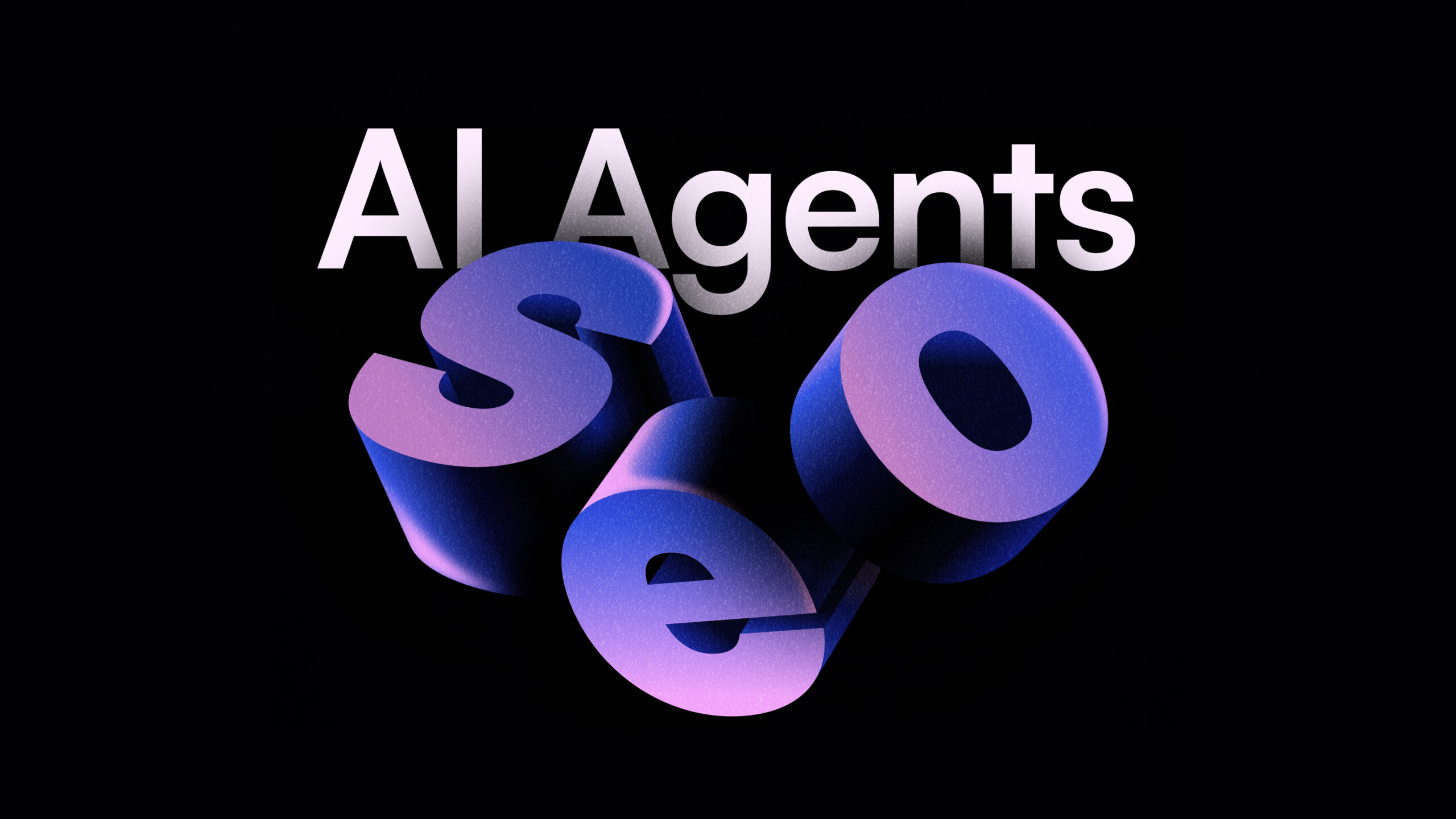
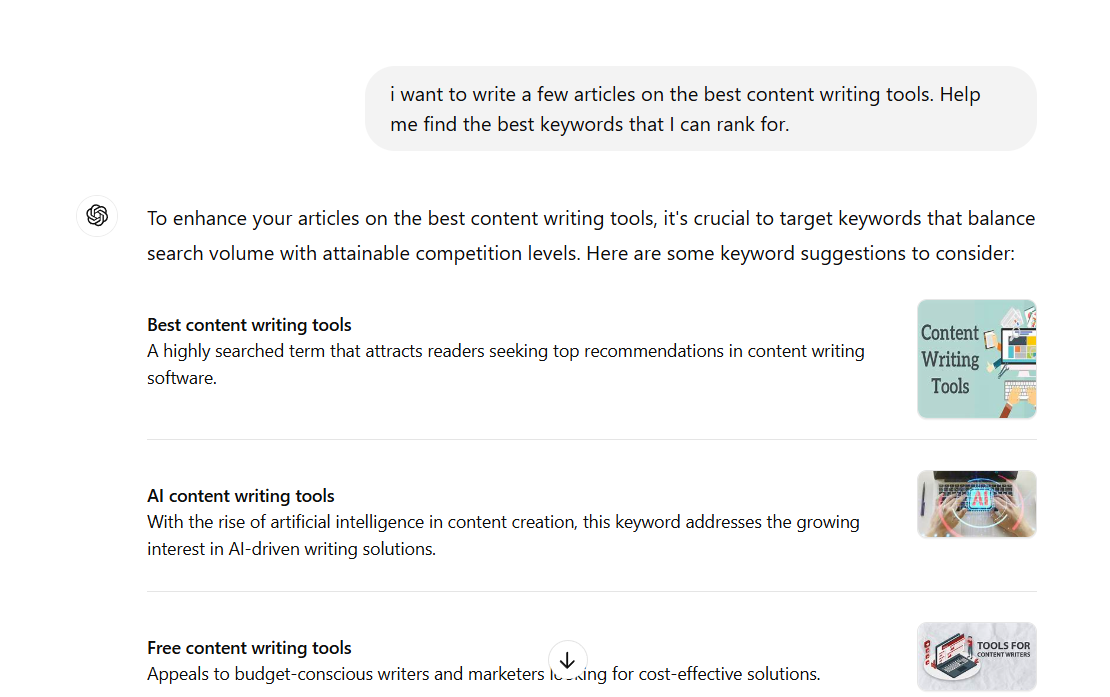
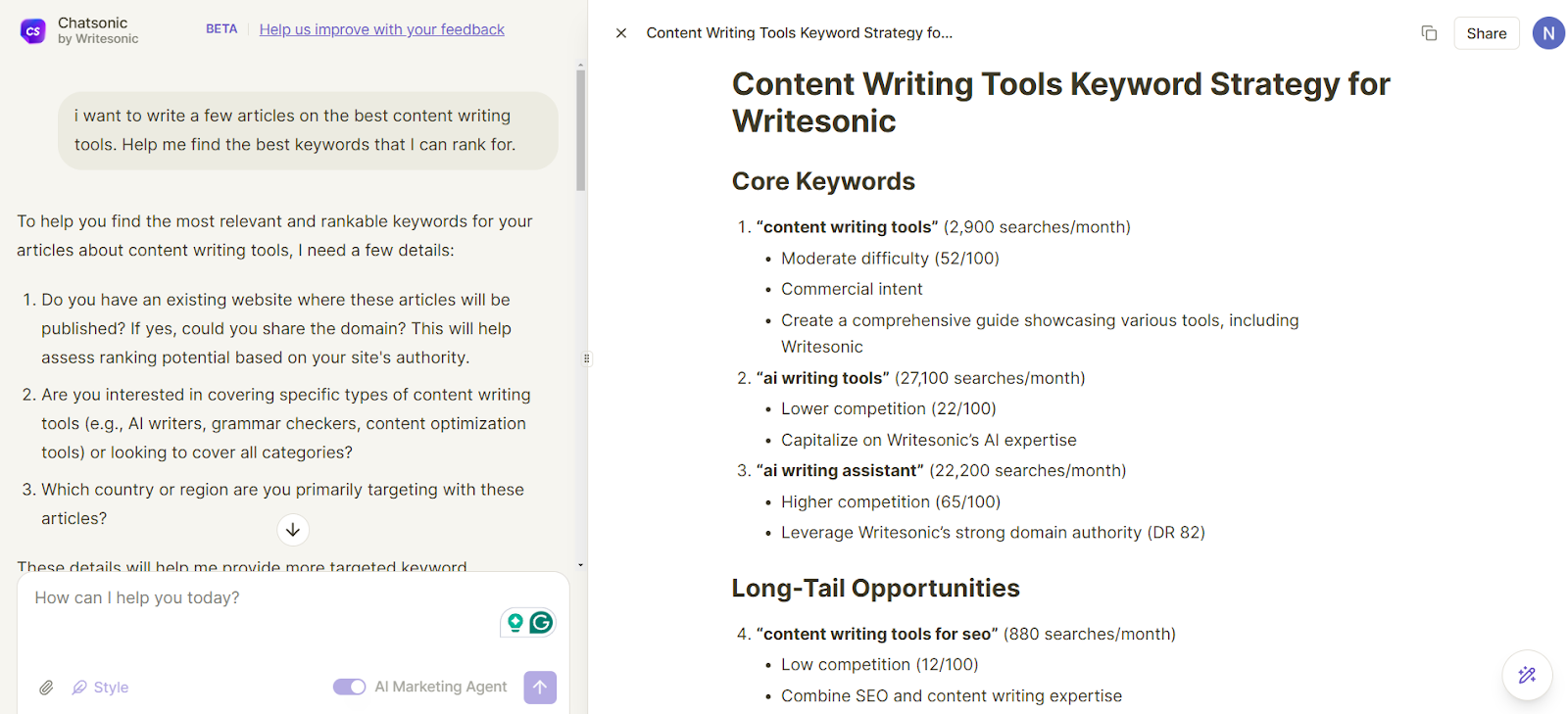
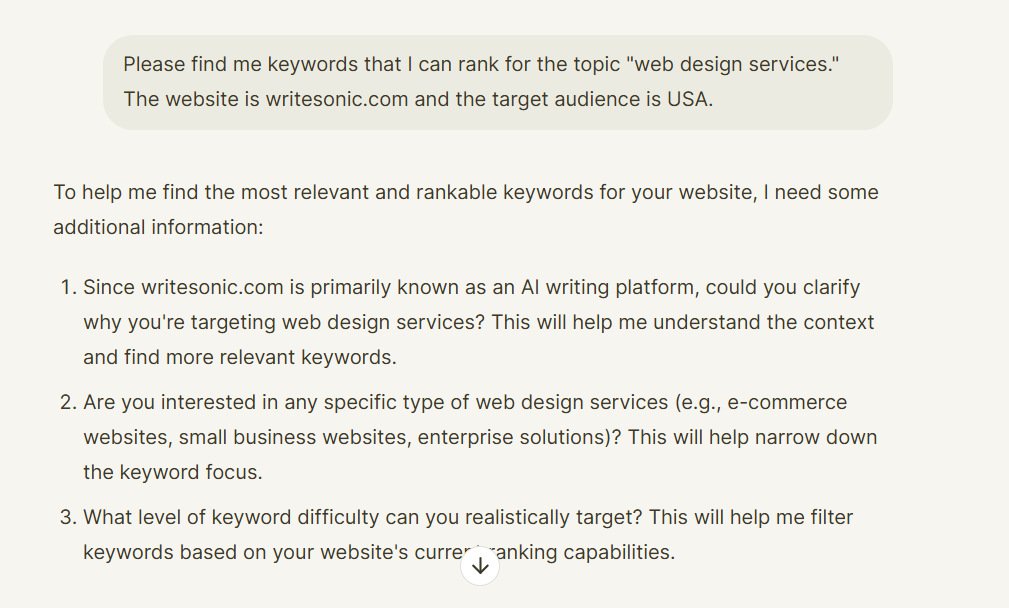
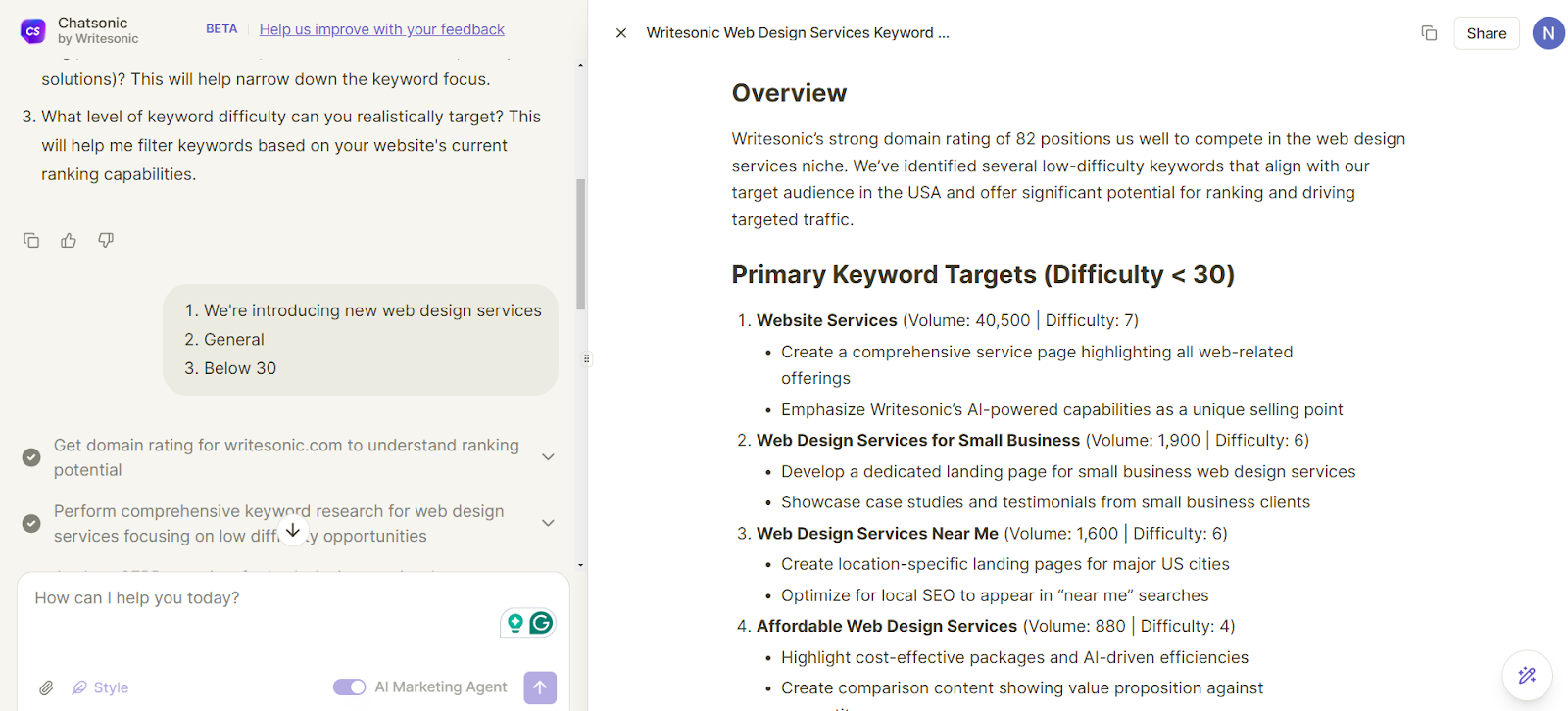
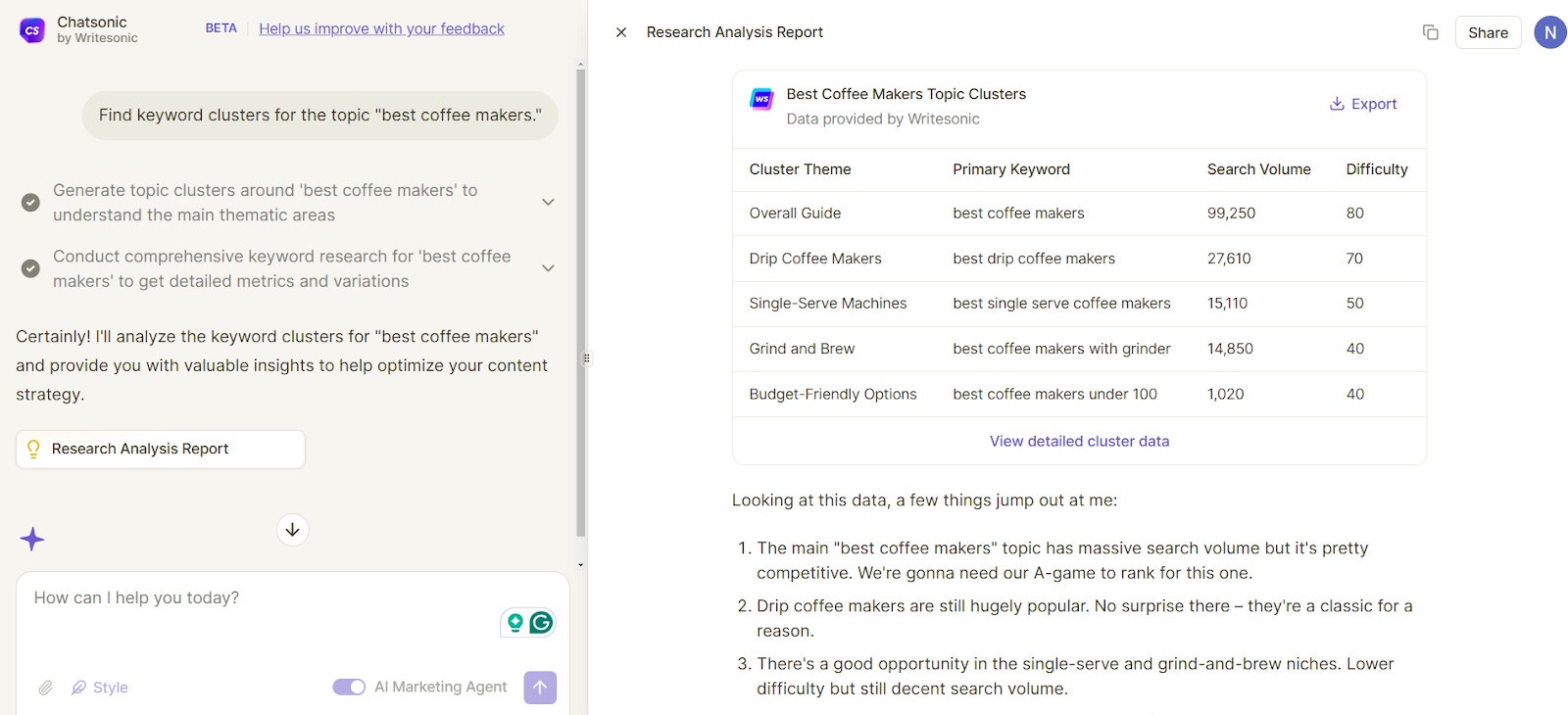
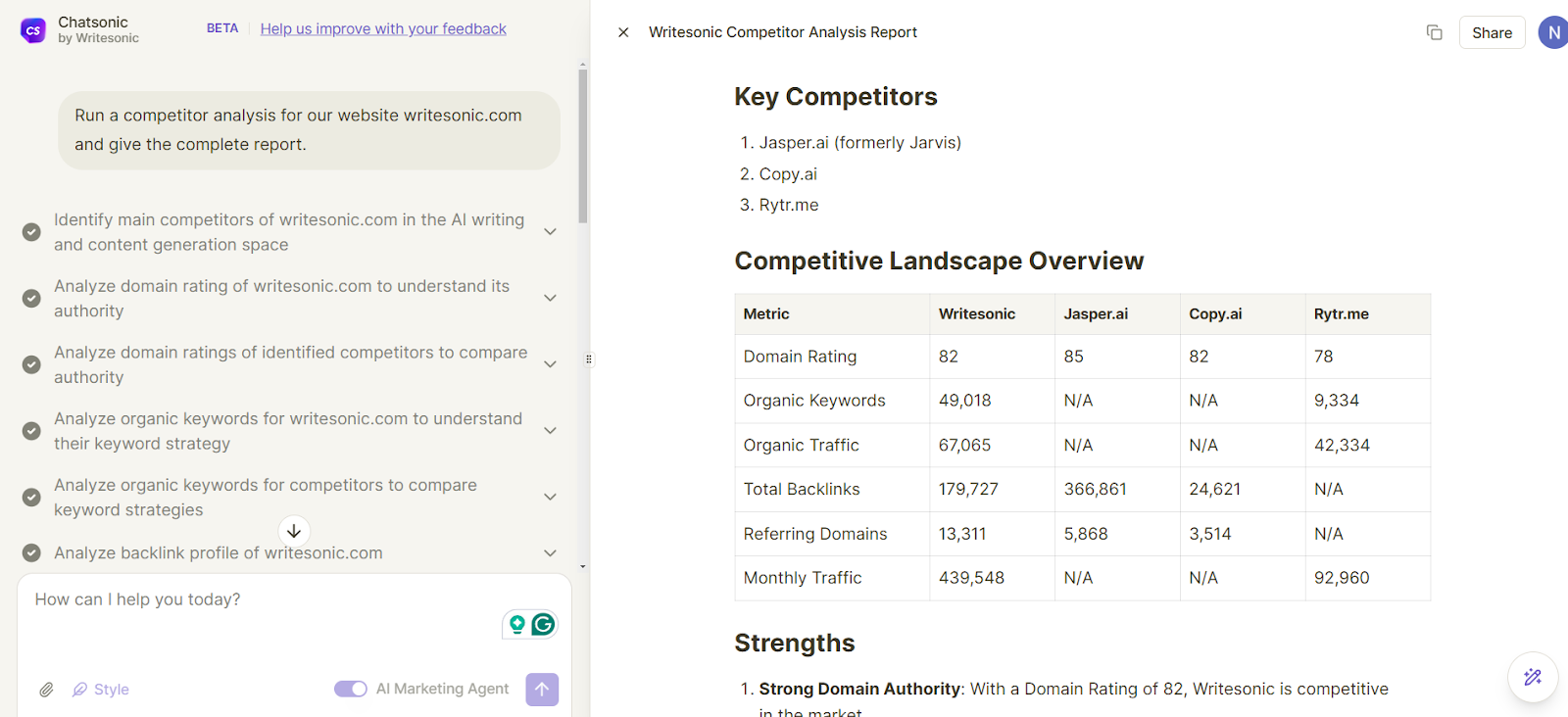
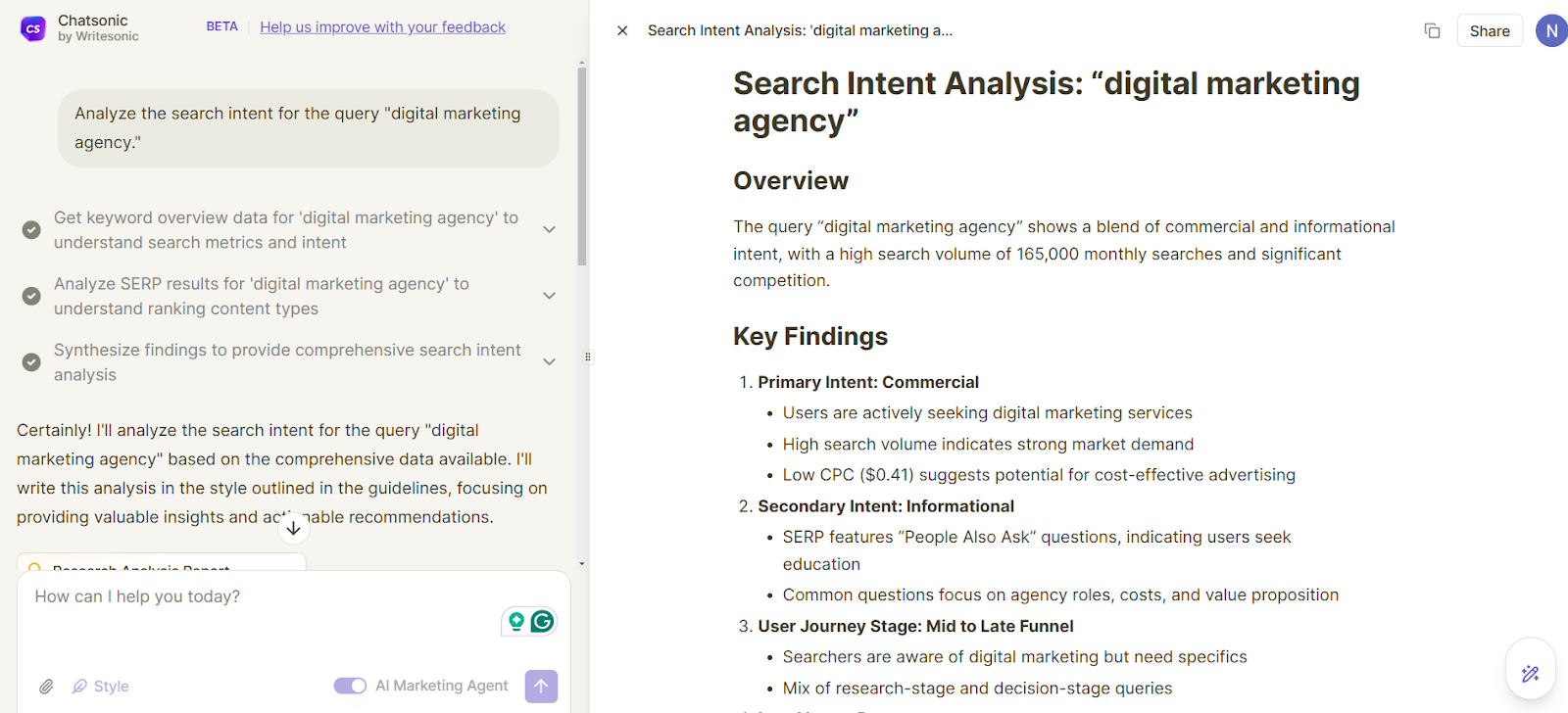
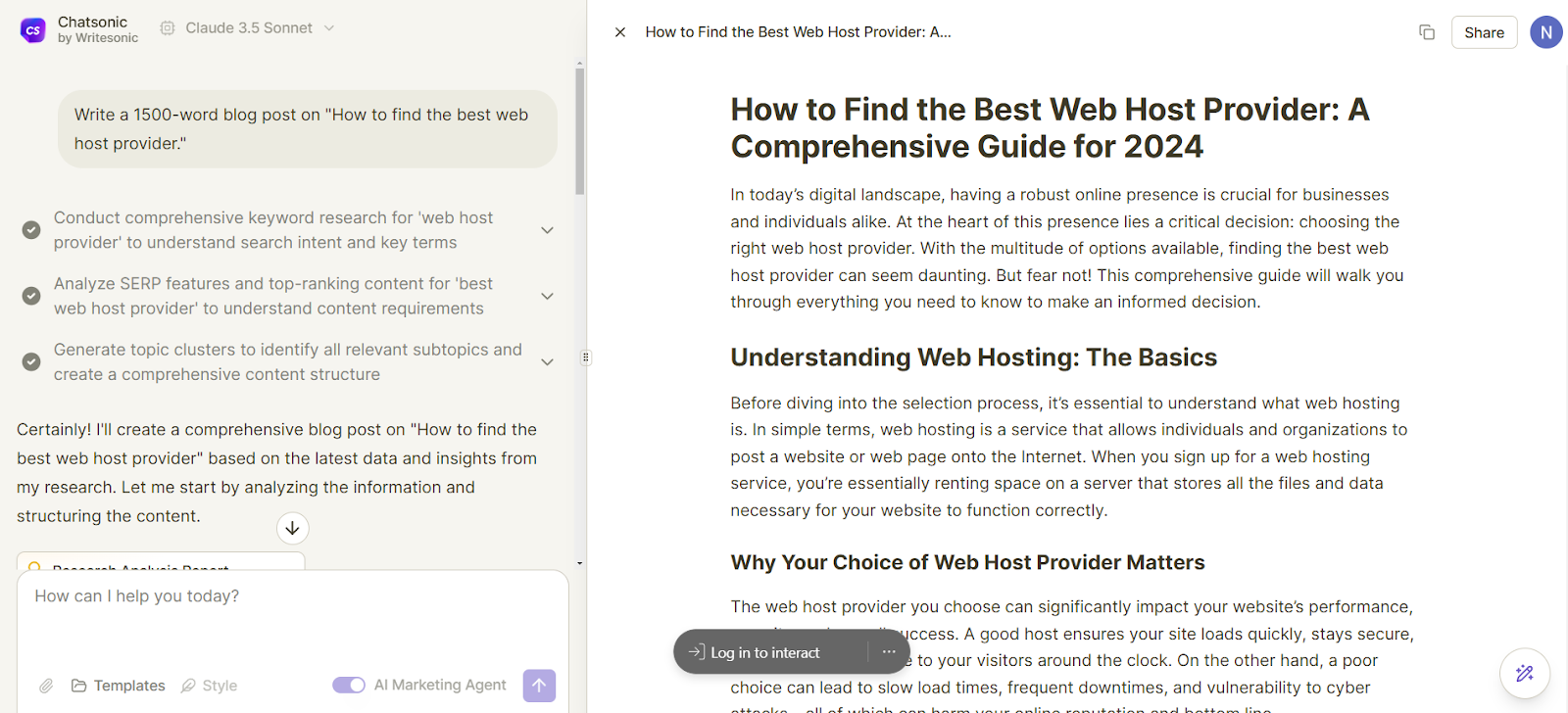
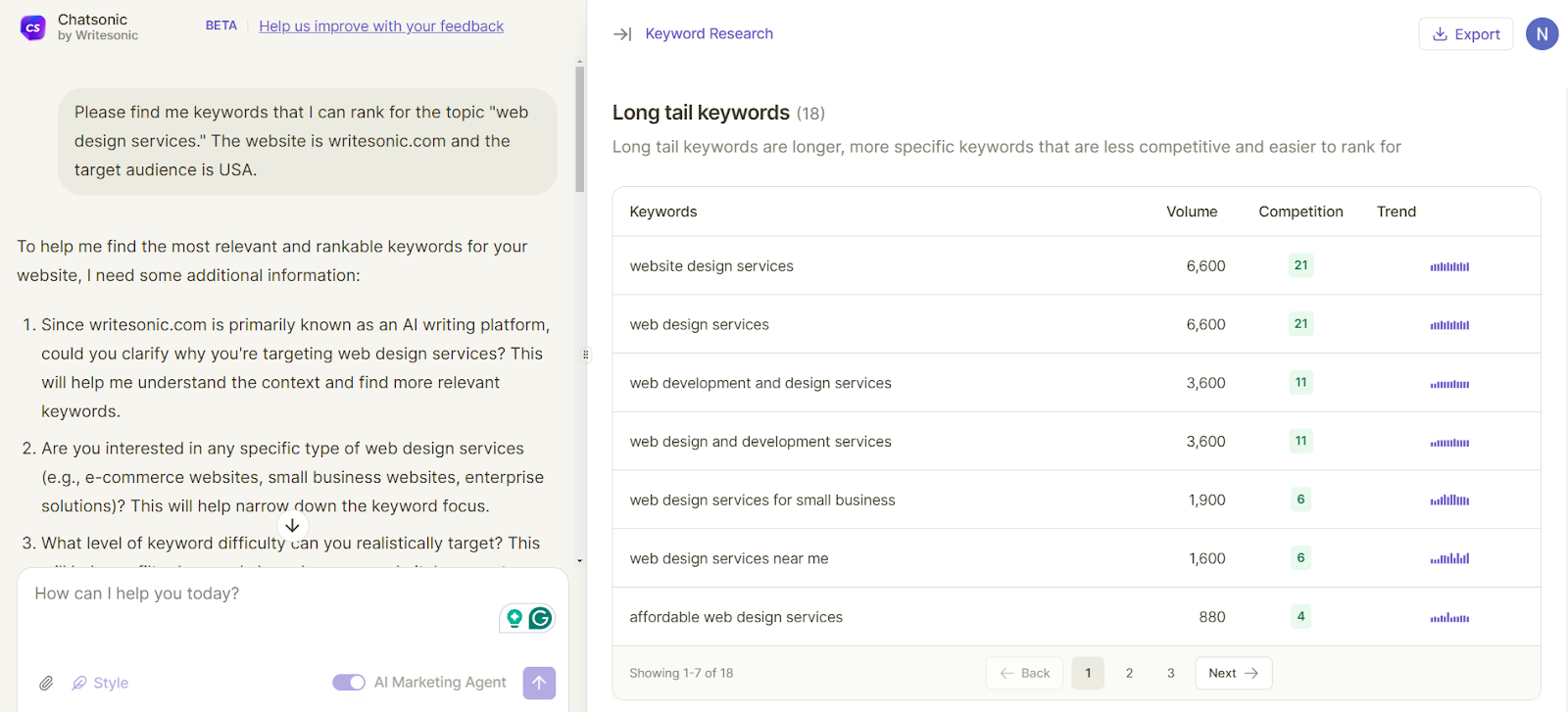

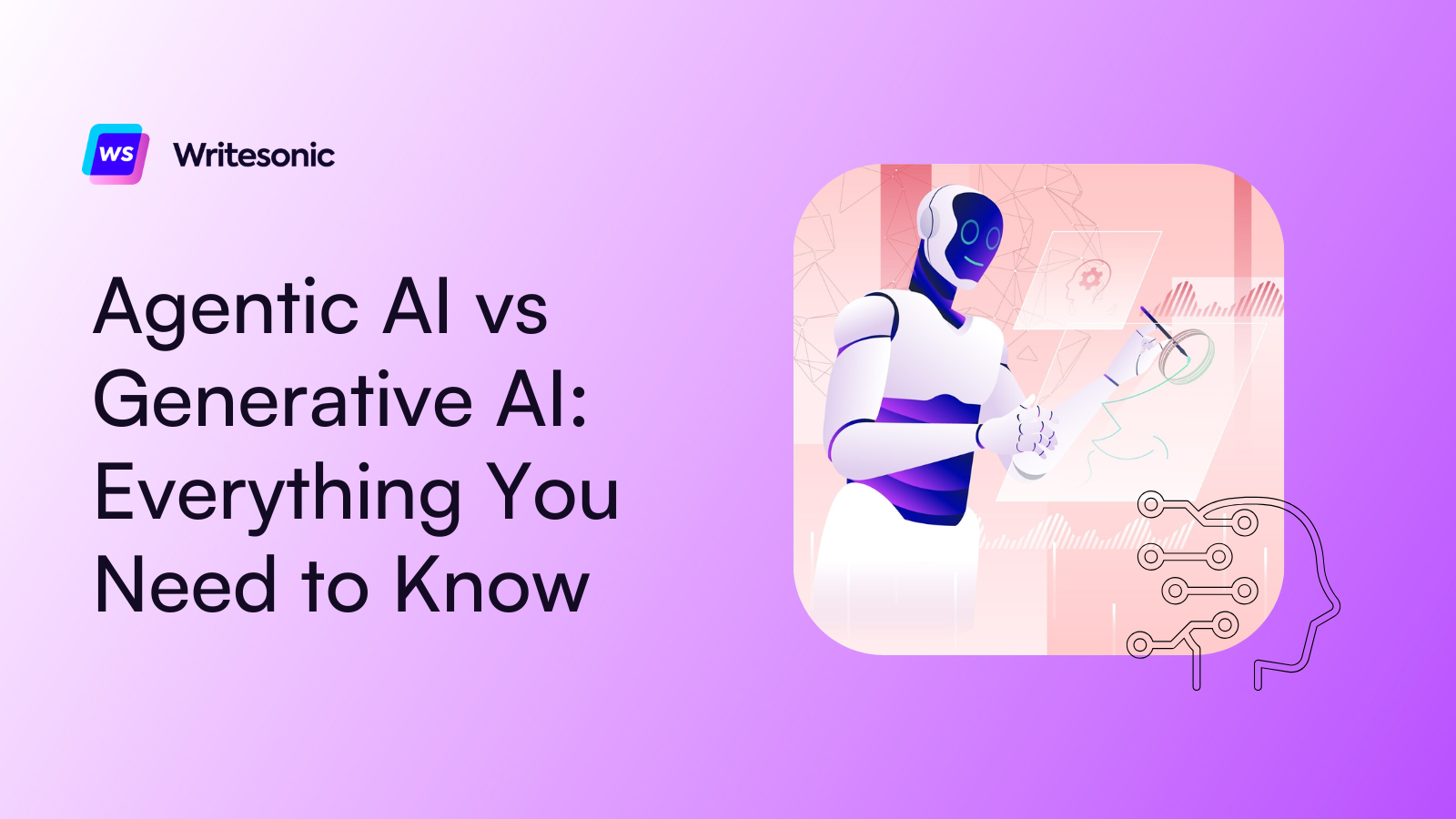

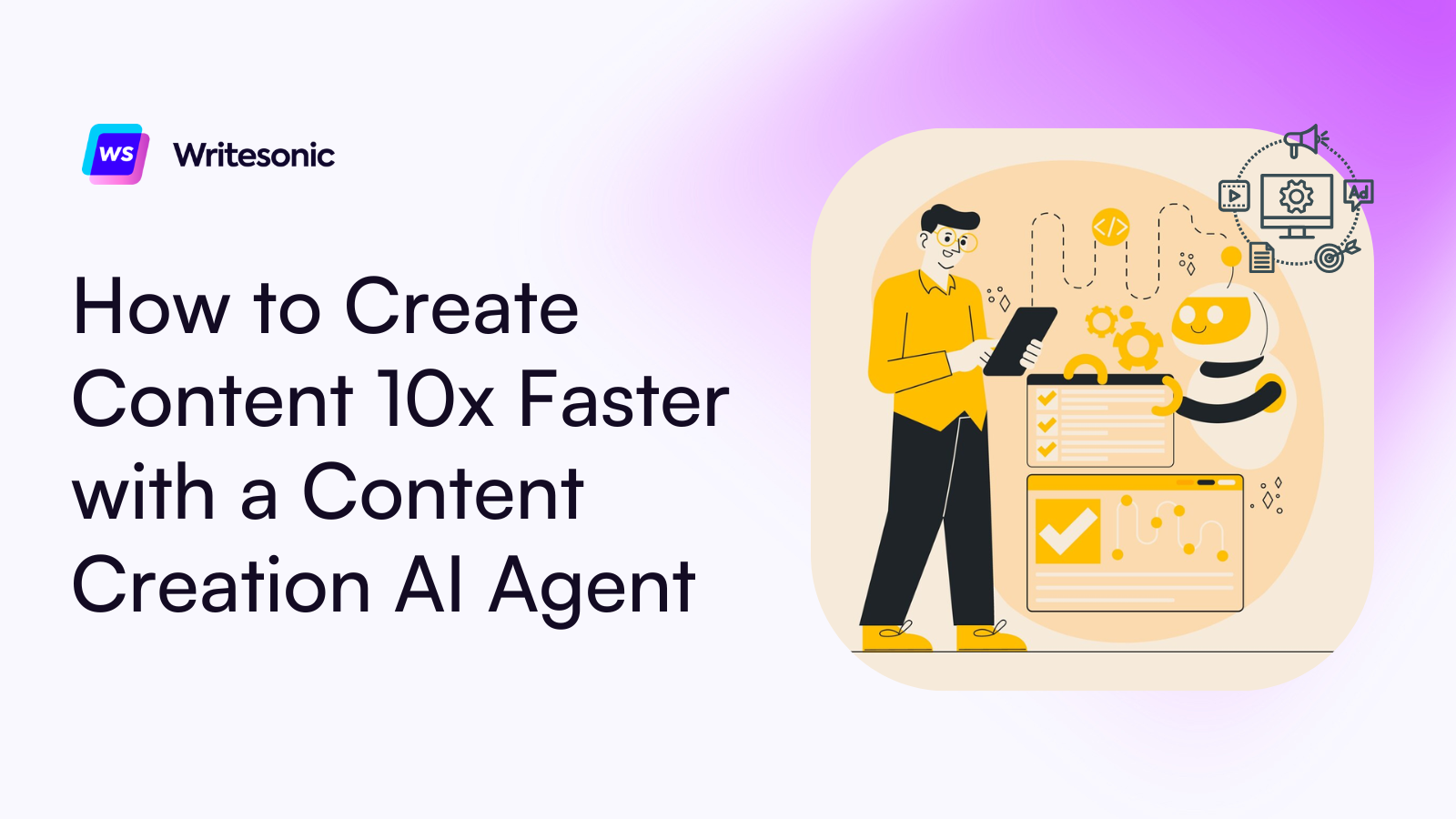
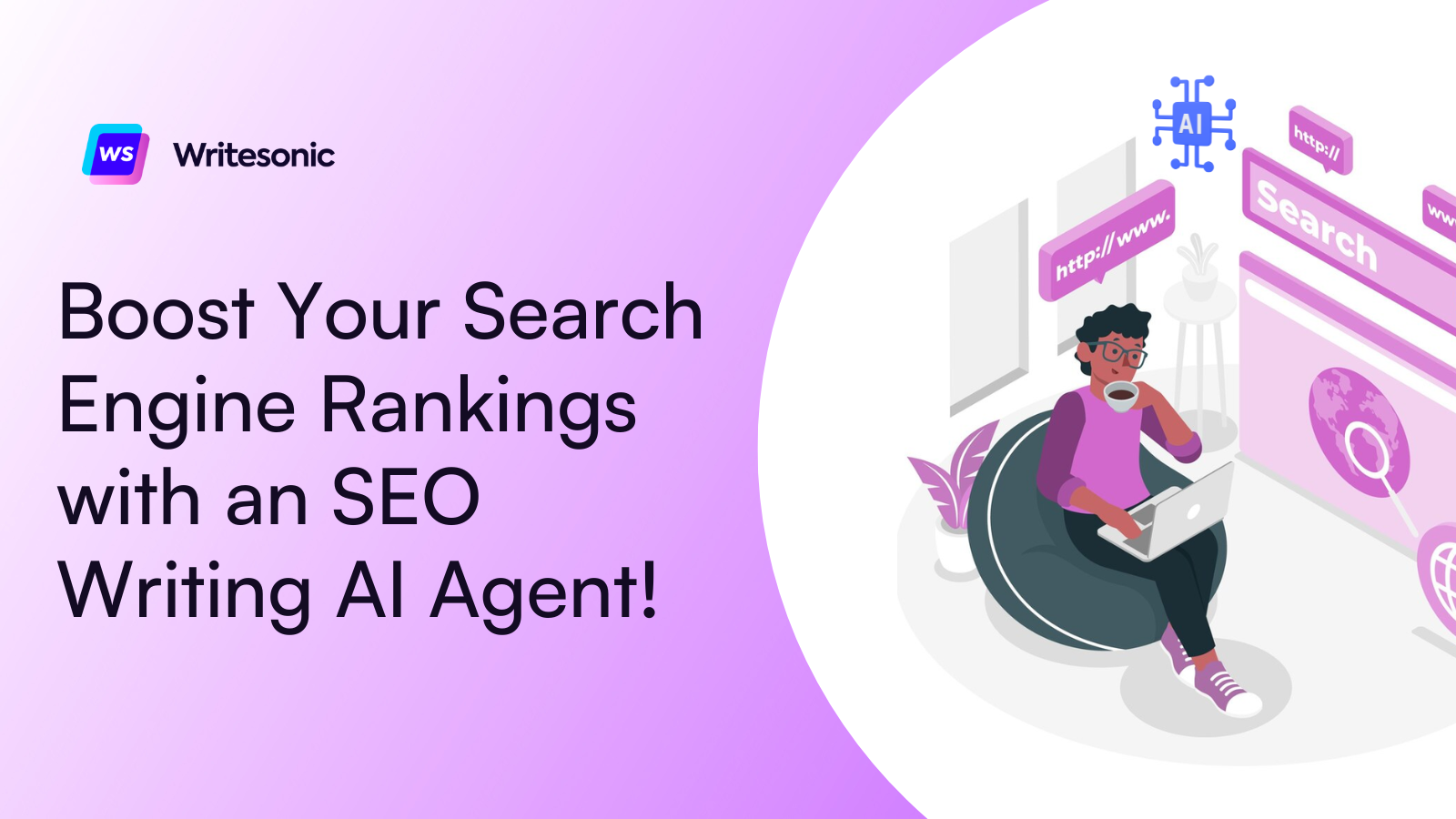

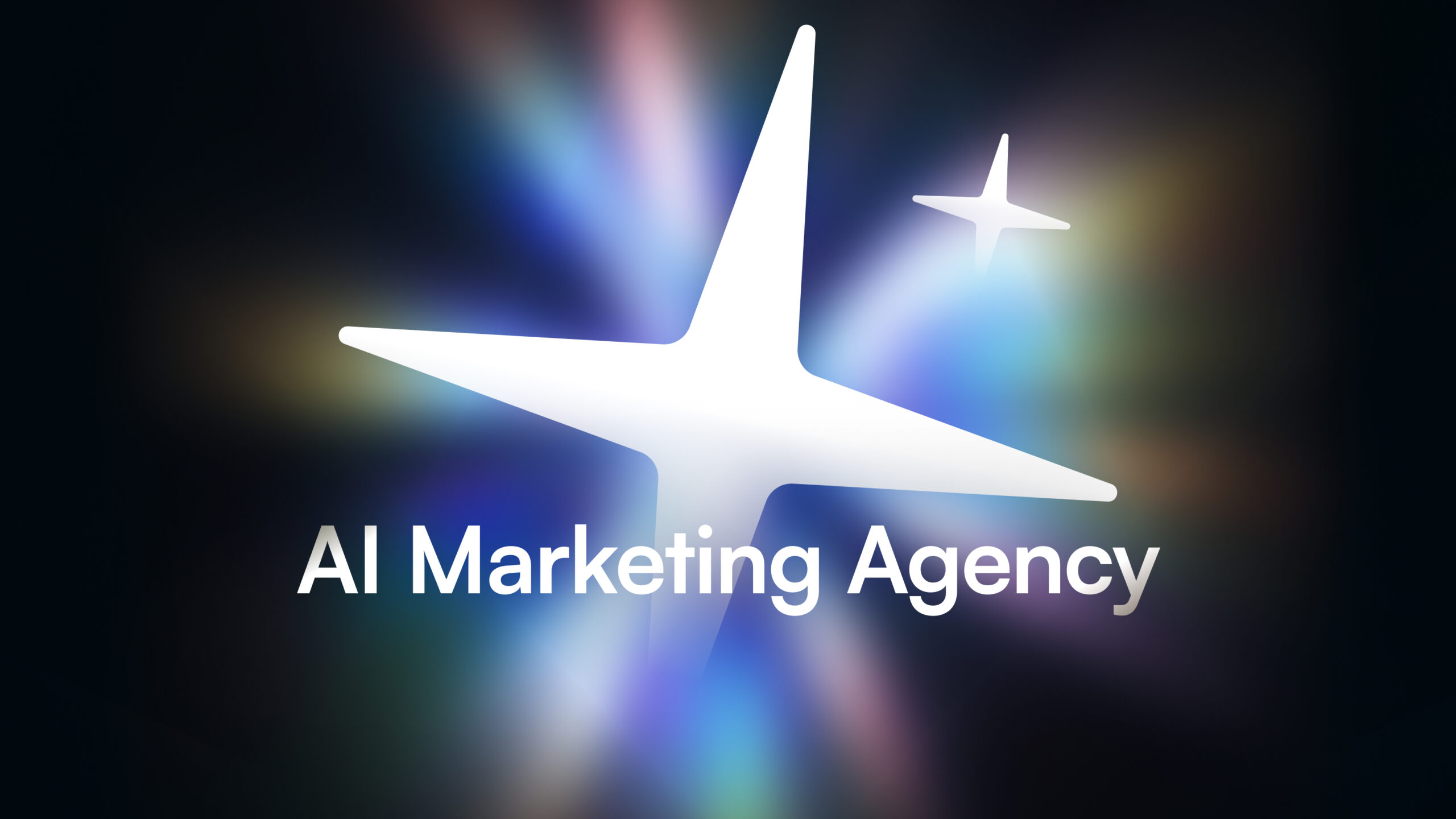
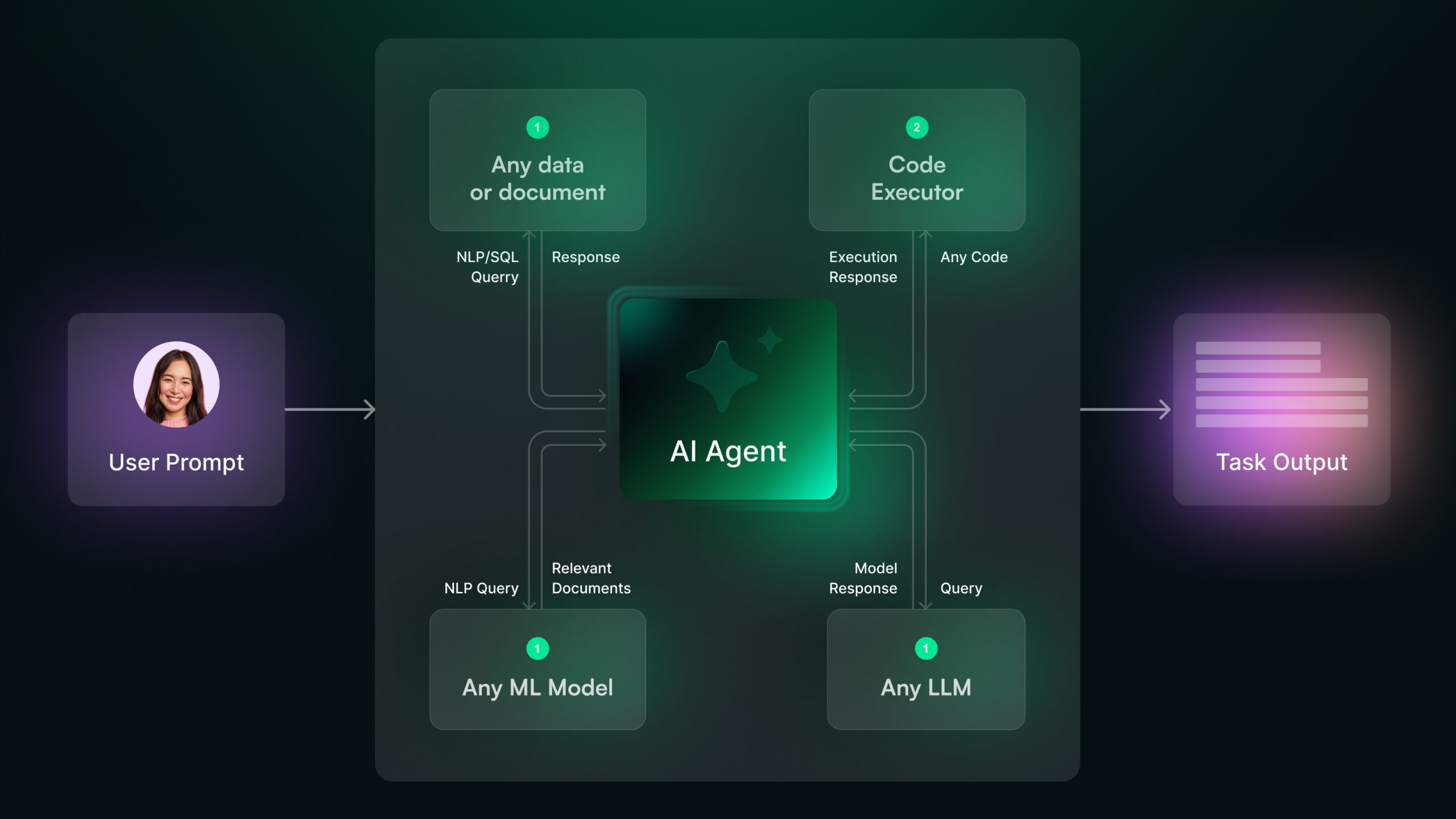
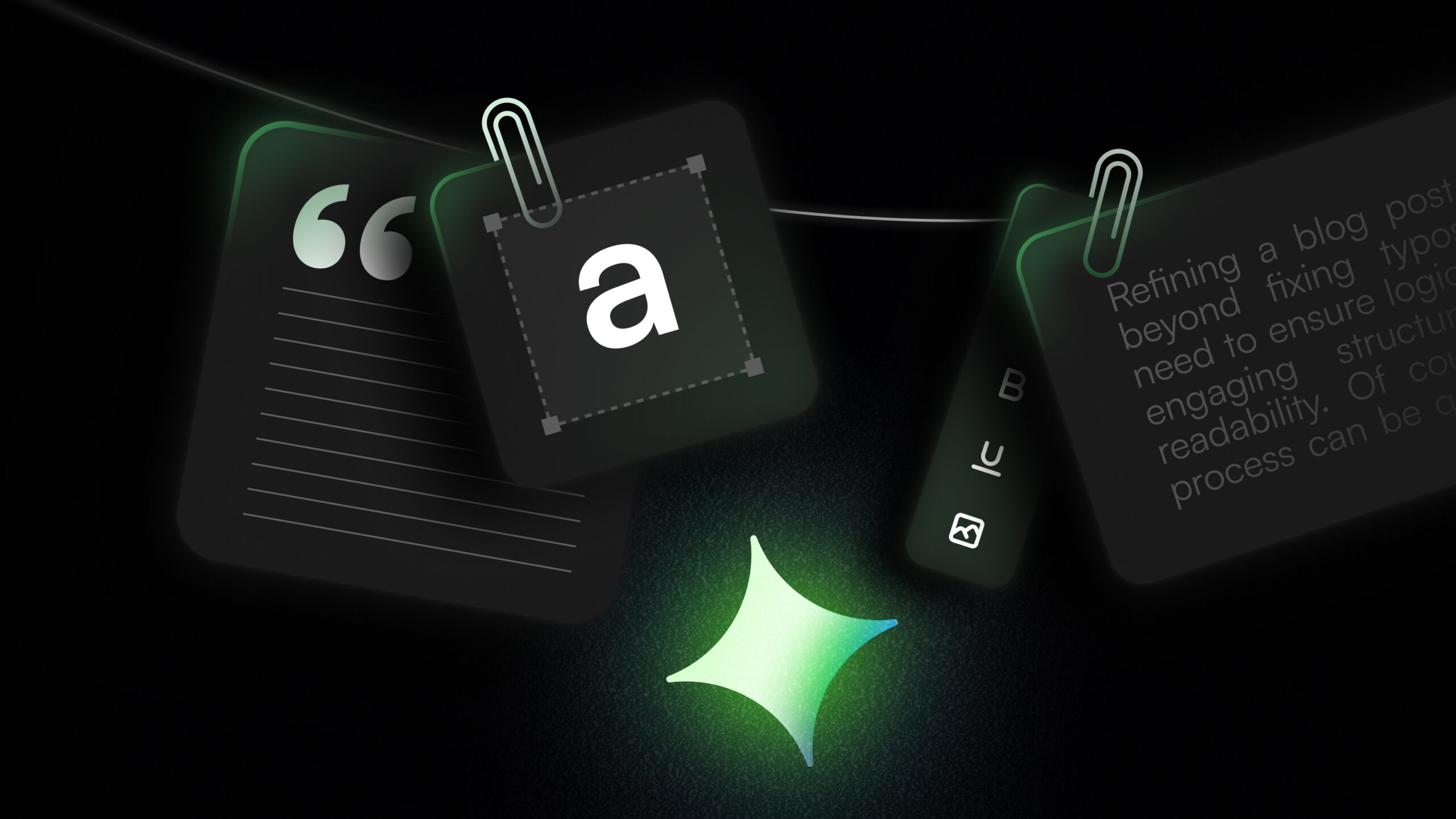


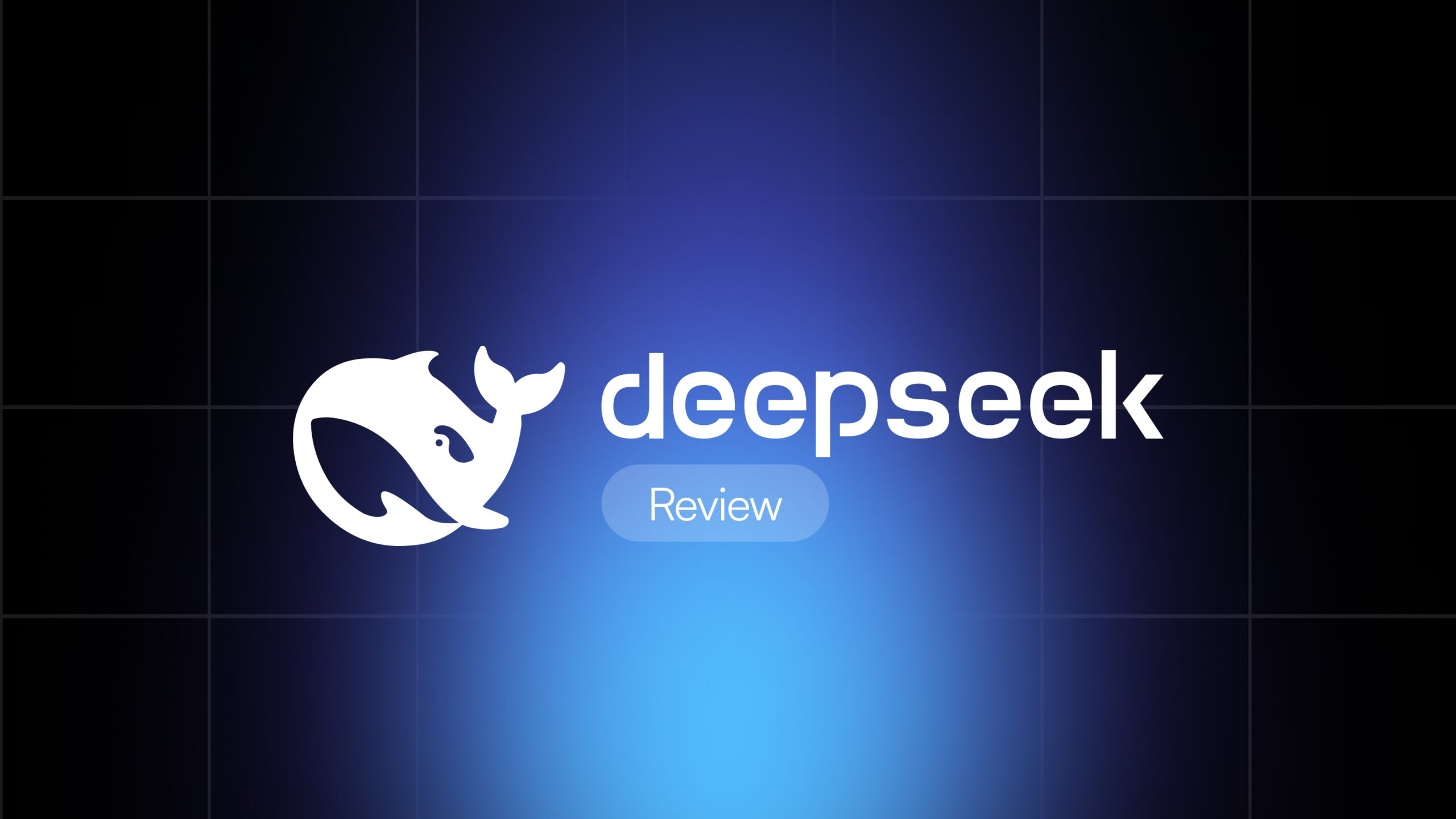

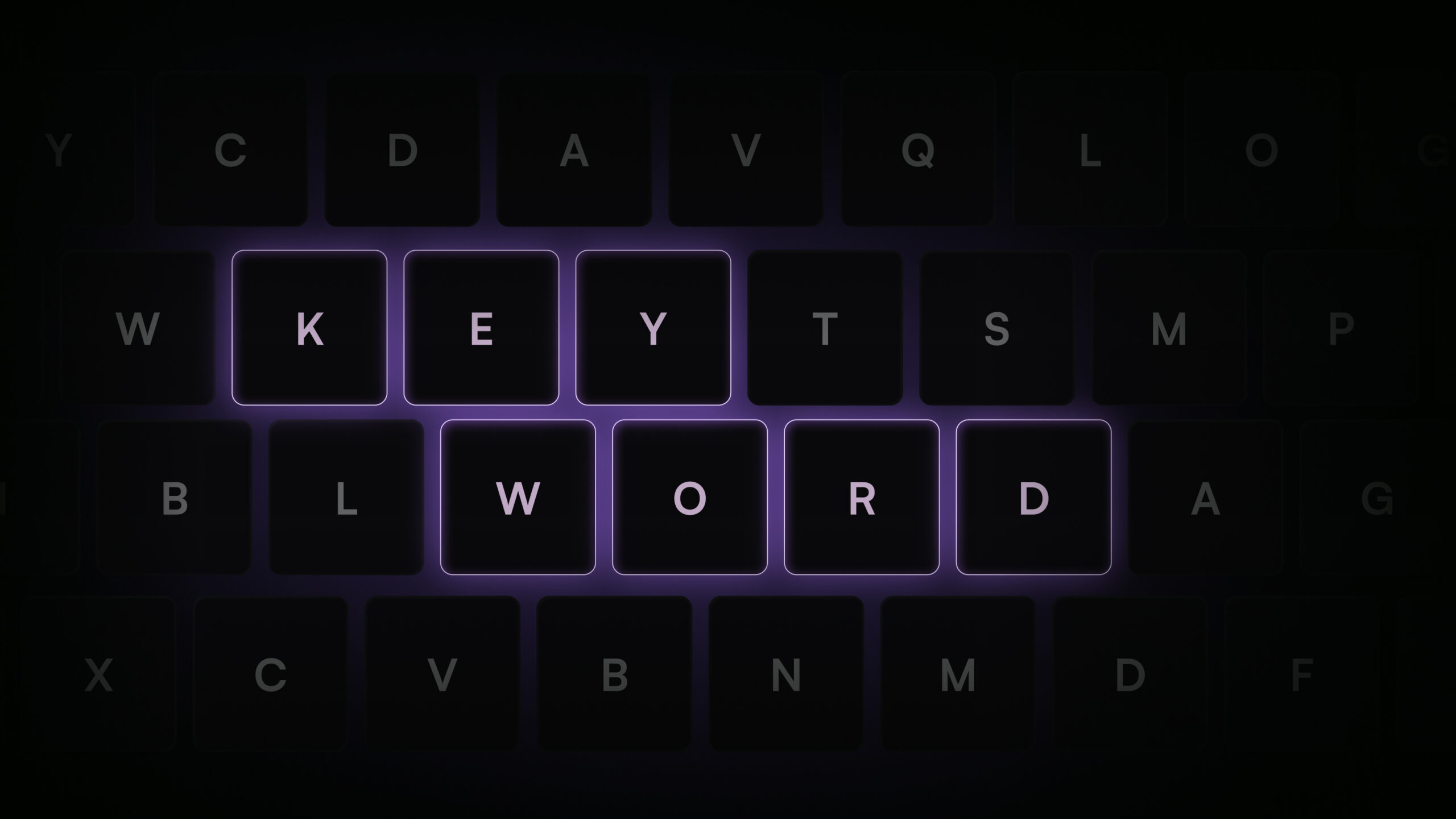
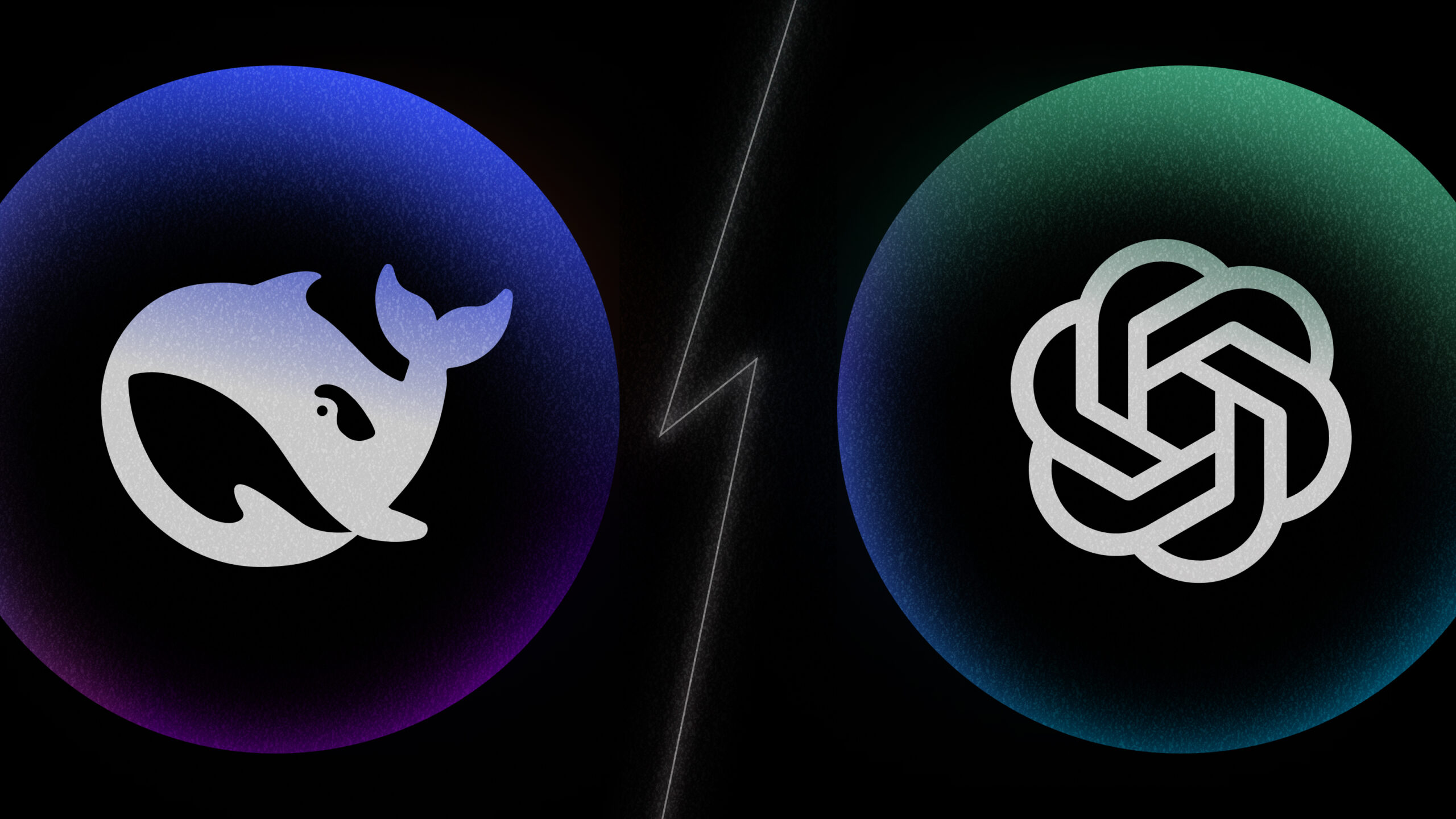

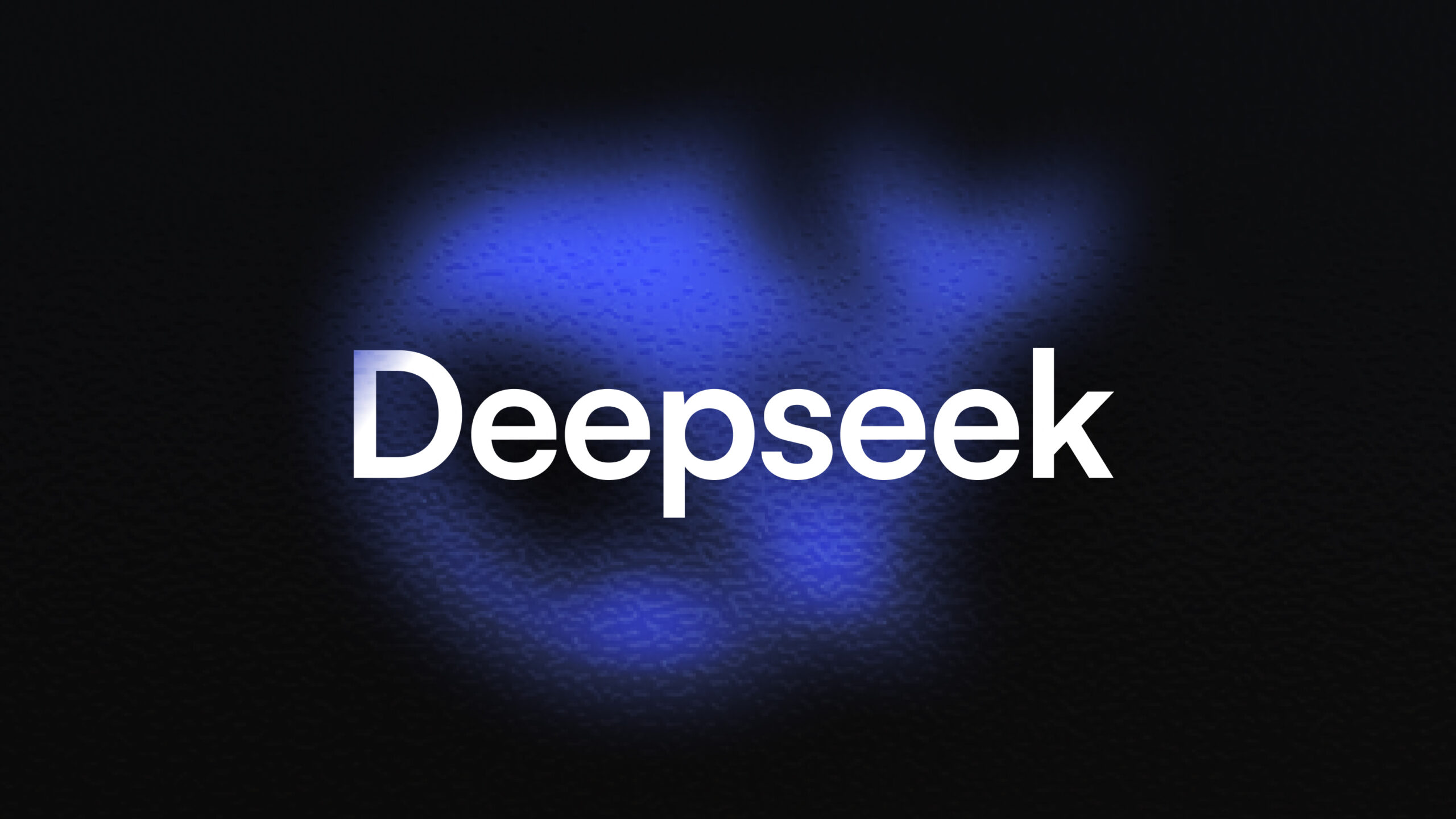
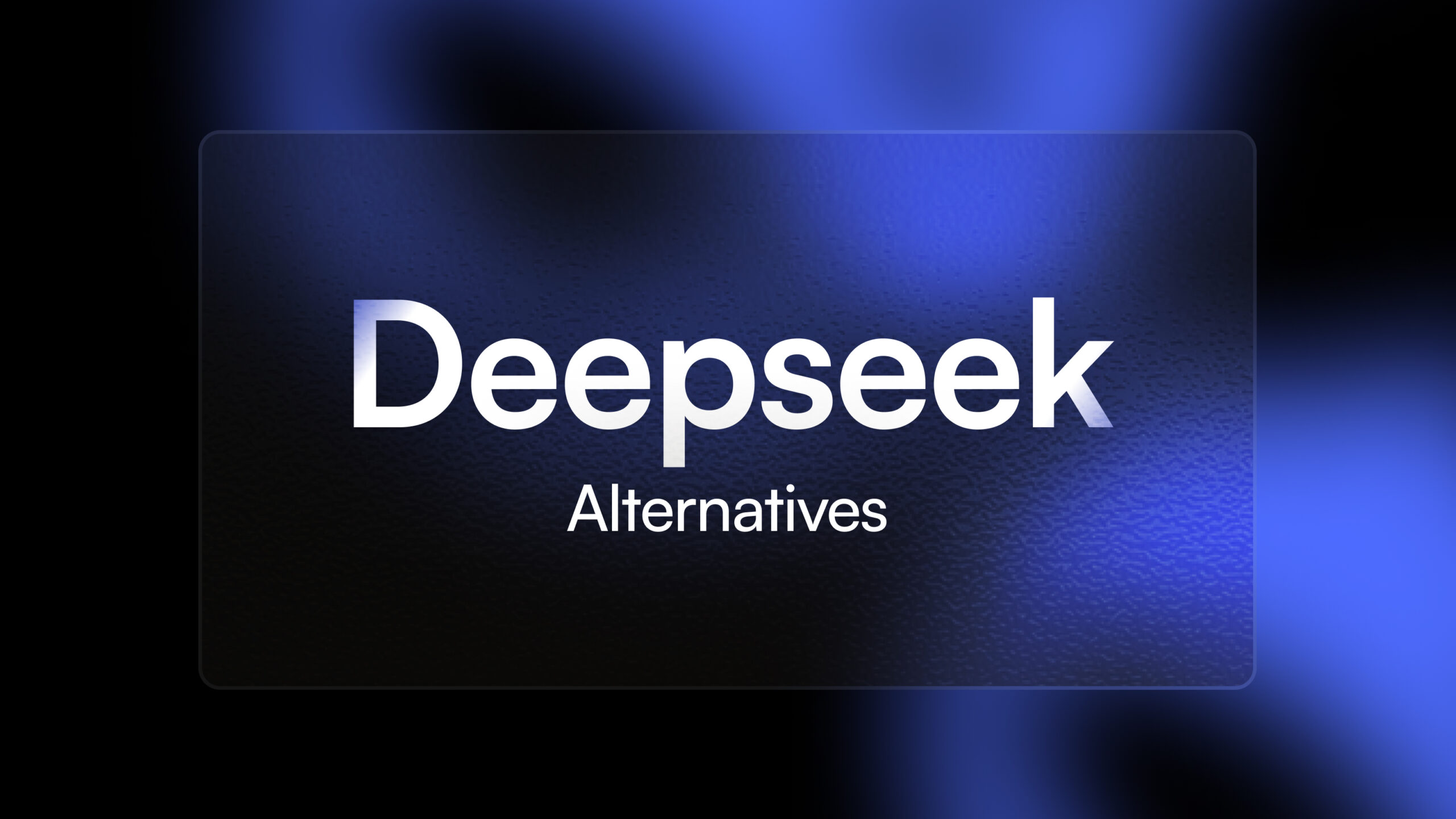


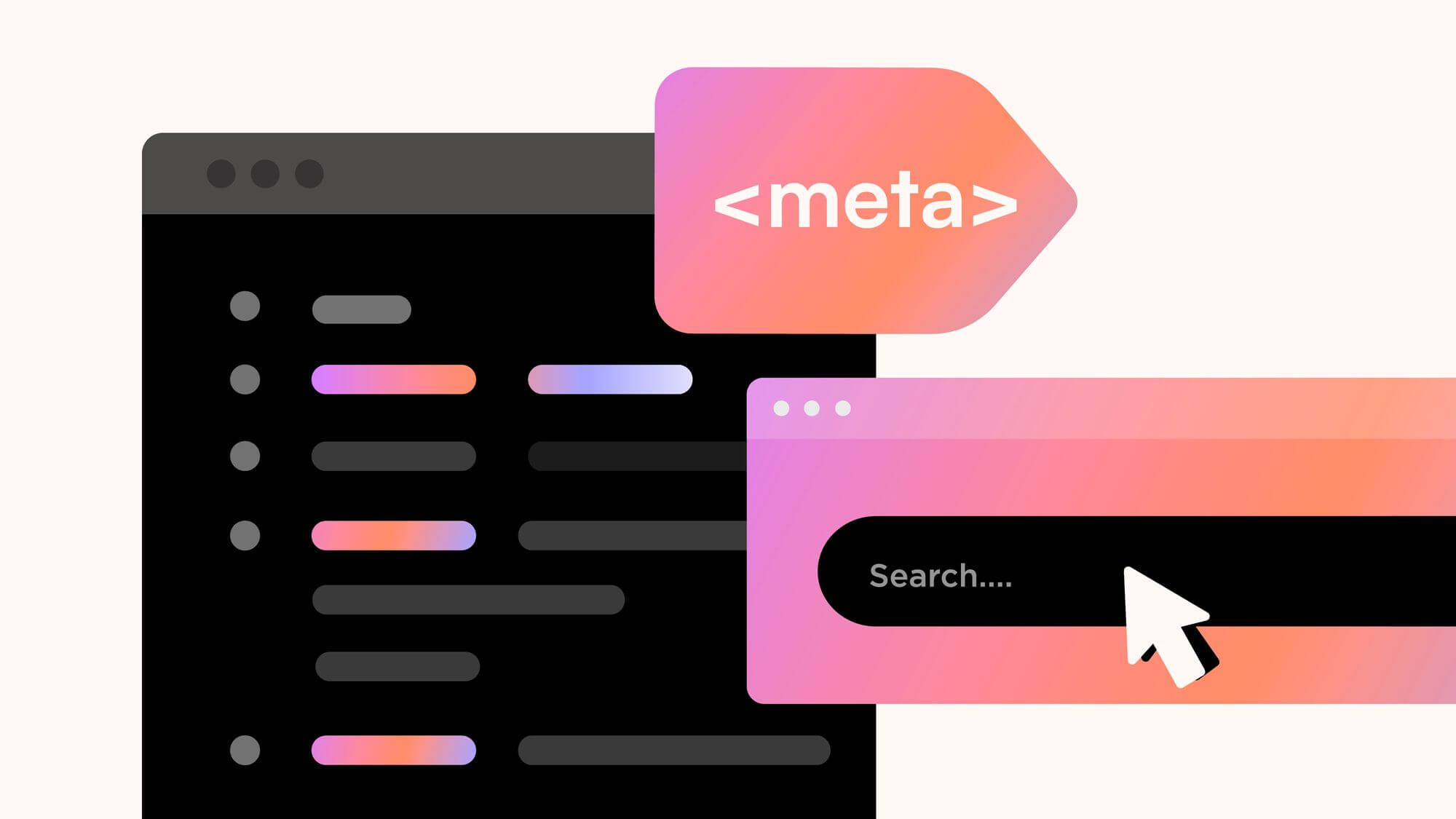
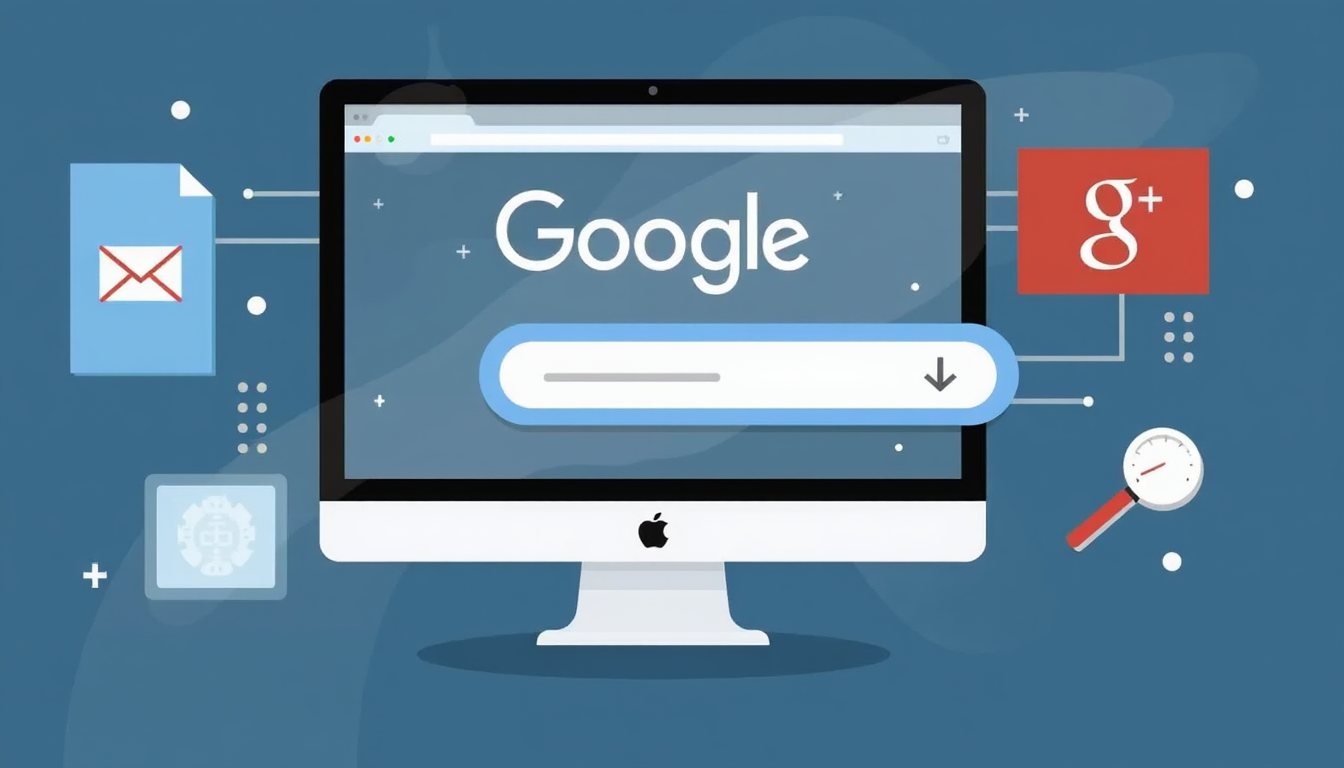
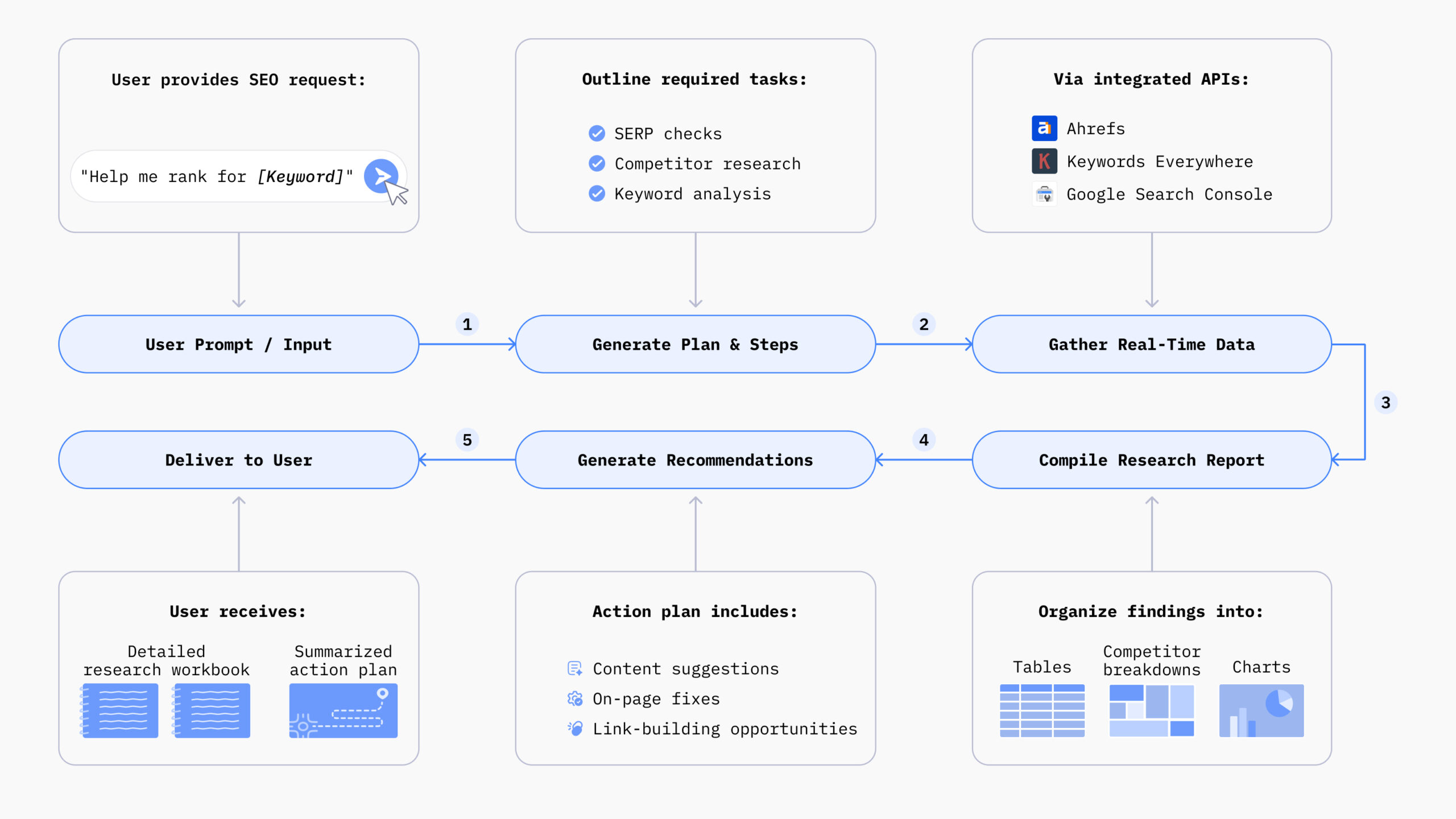
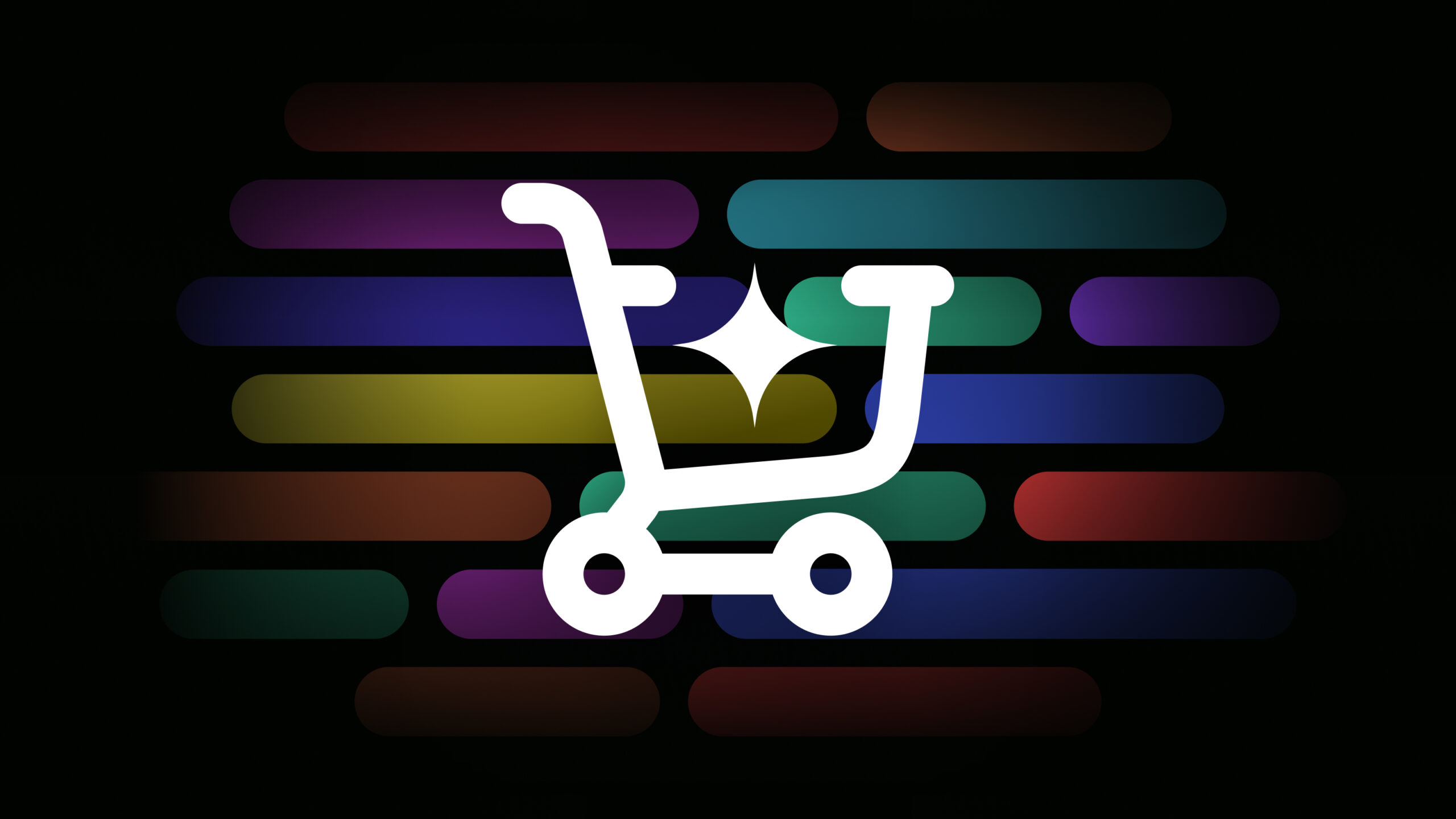





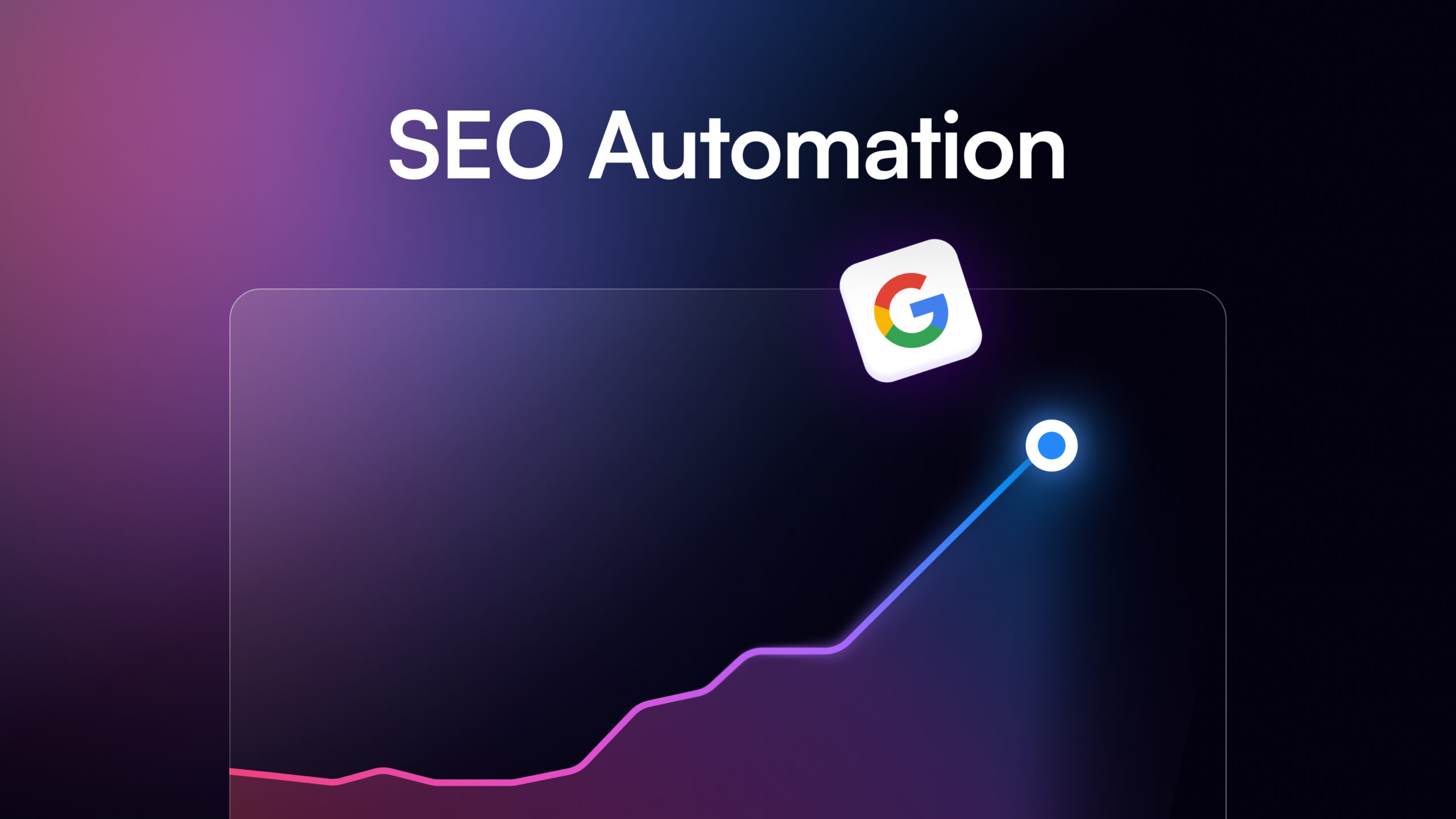

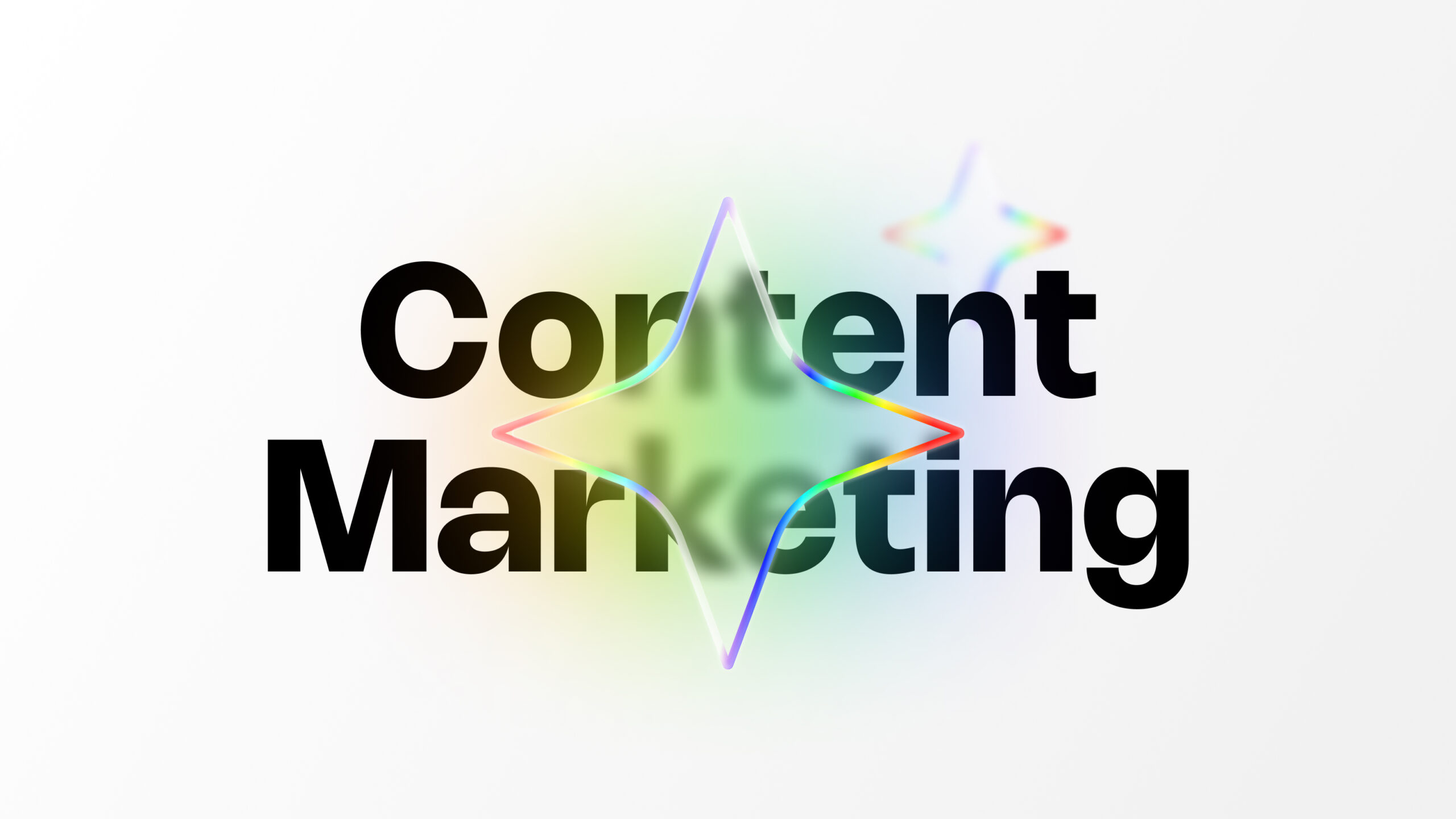

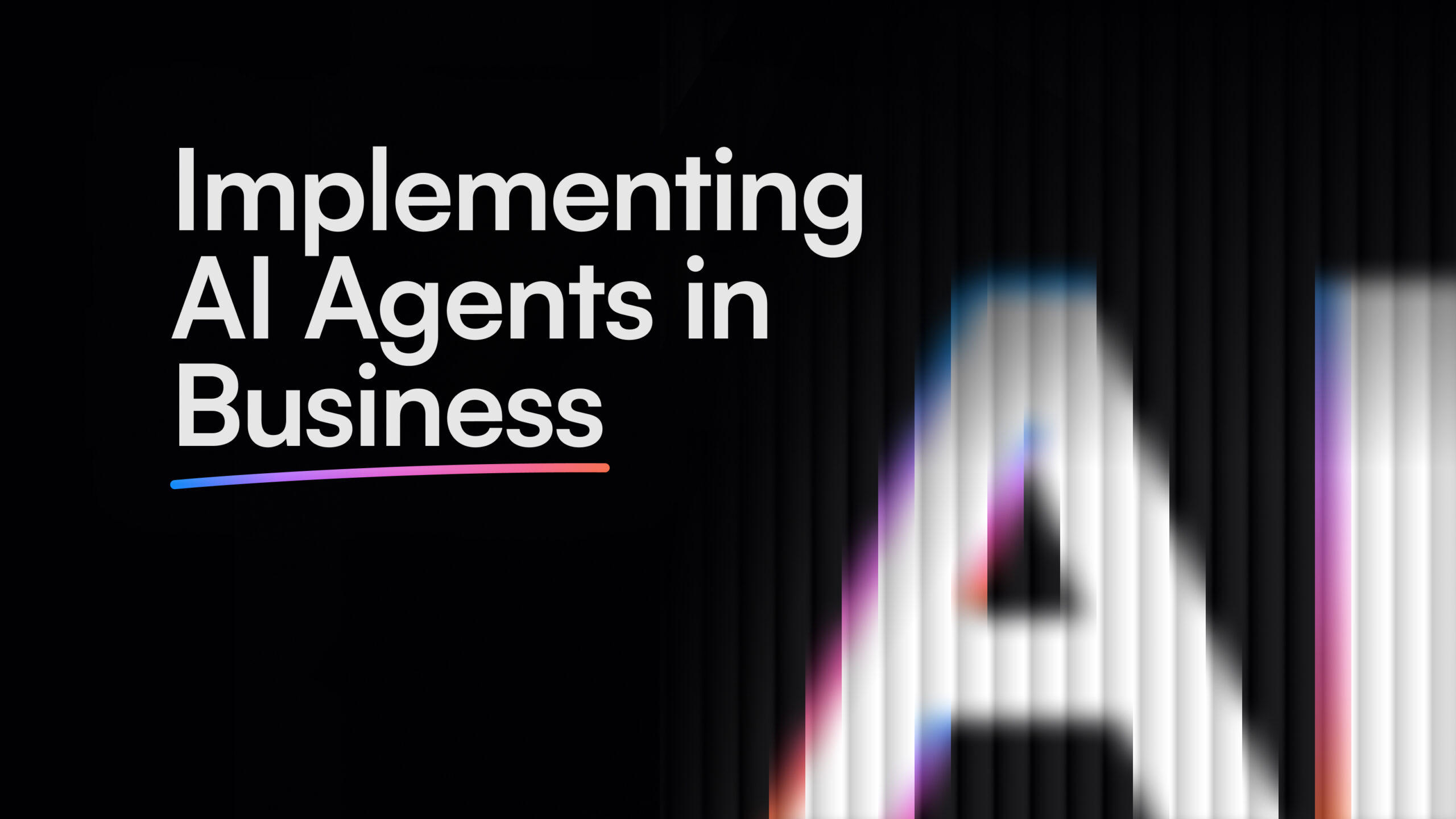
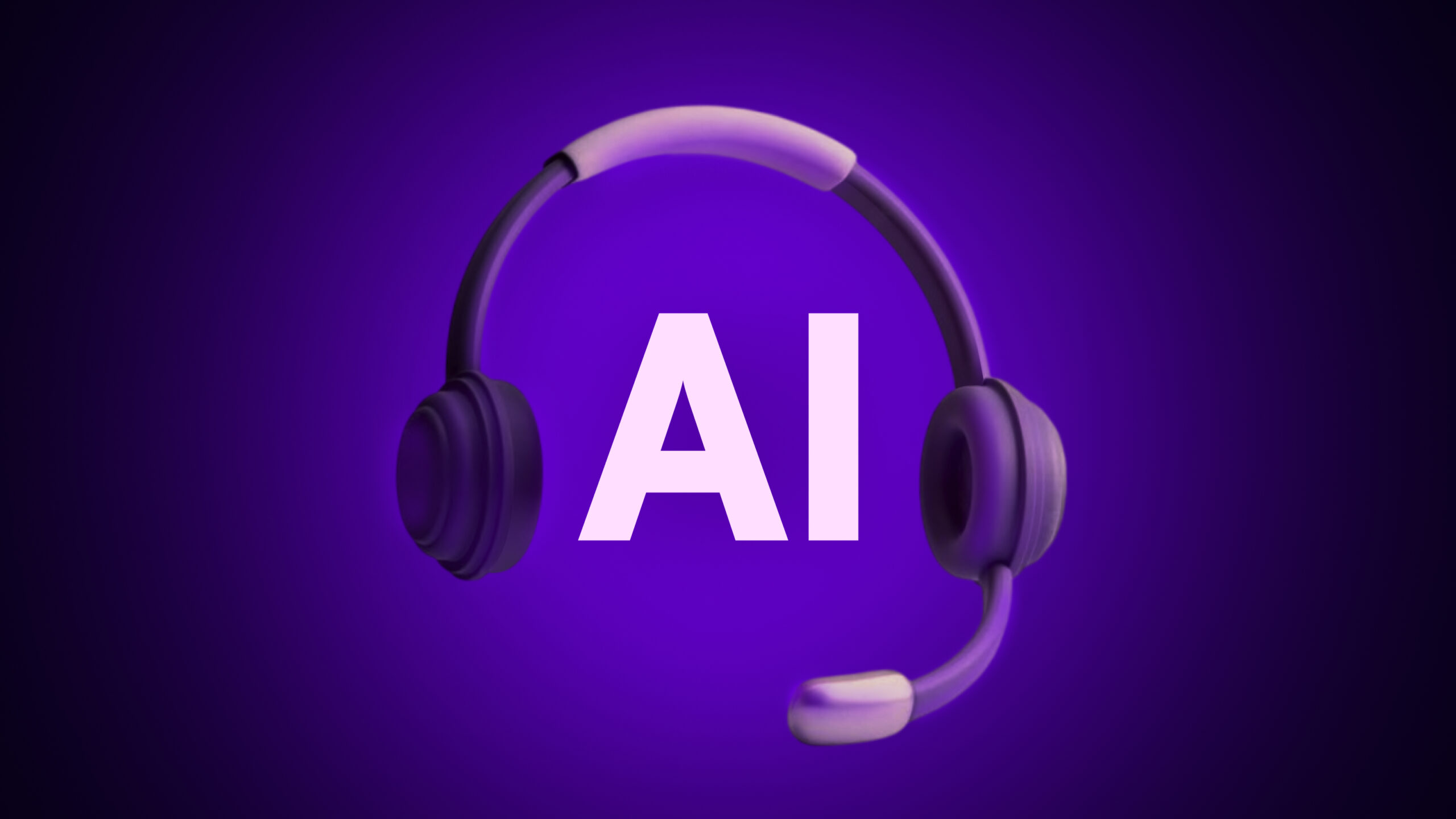
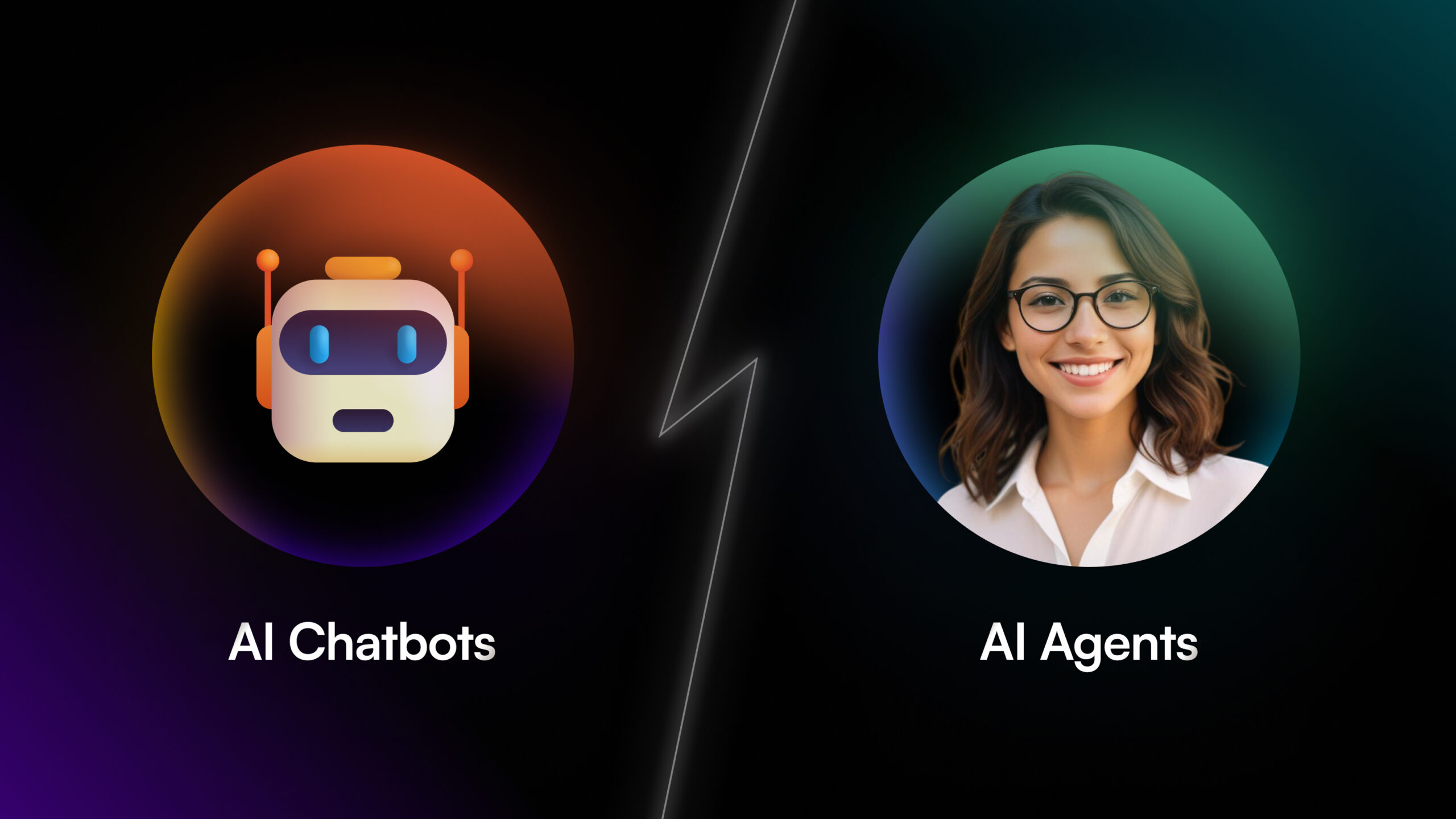
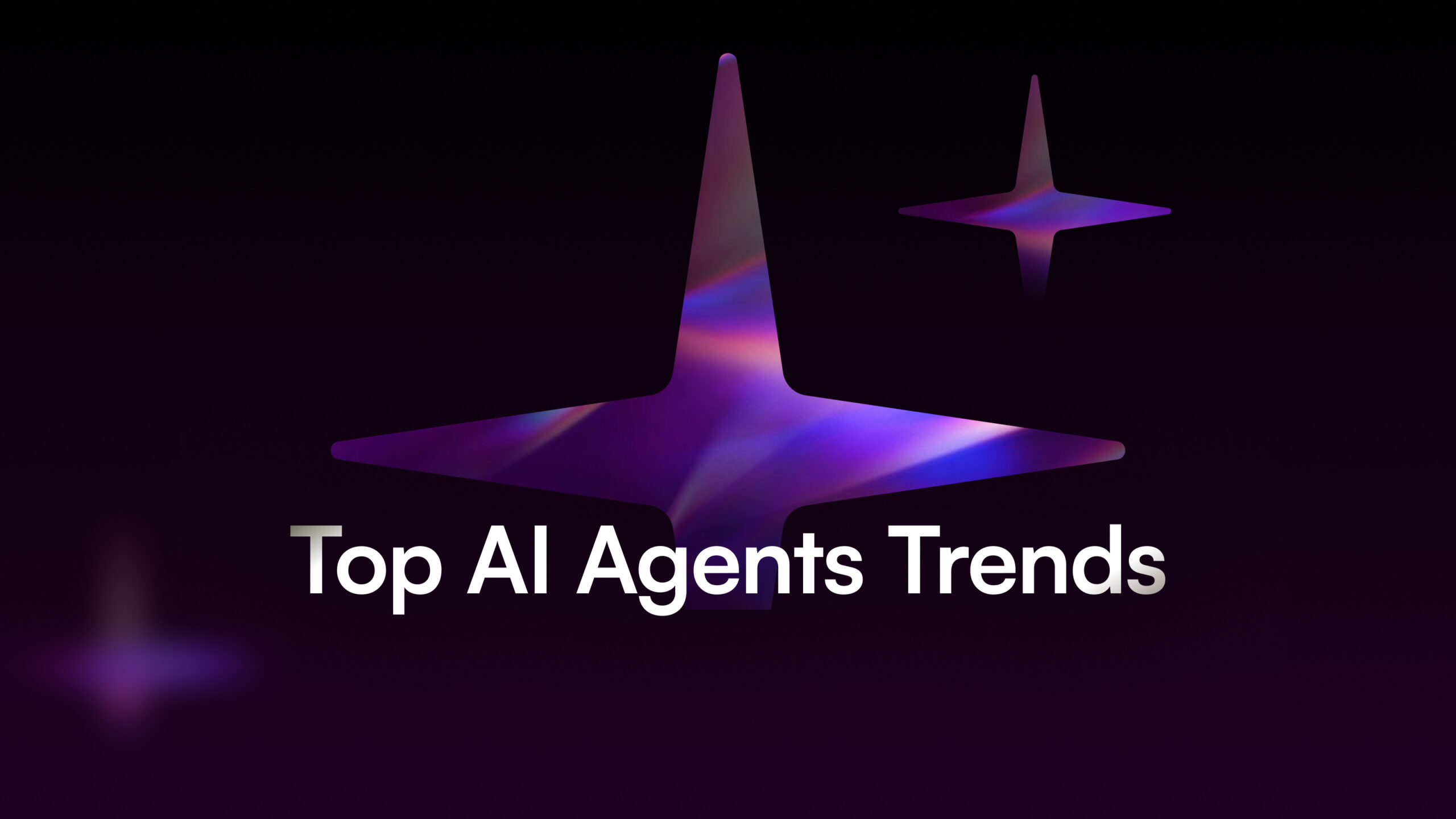

![How to Scale Your Business Using B2B AI Agents [+ Tools to Try]](/wp-content/uploads/B2B-AI-Agents-scaled.jpg)
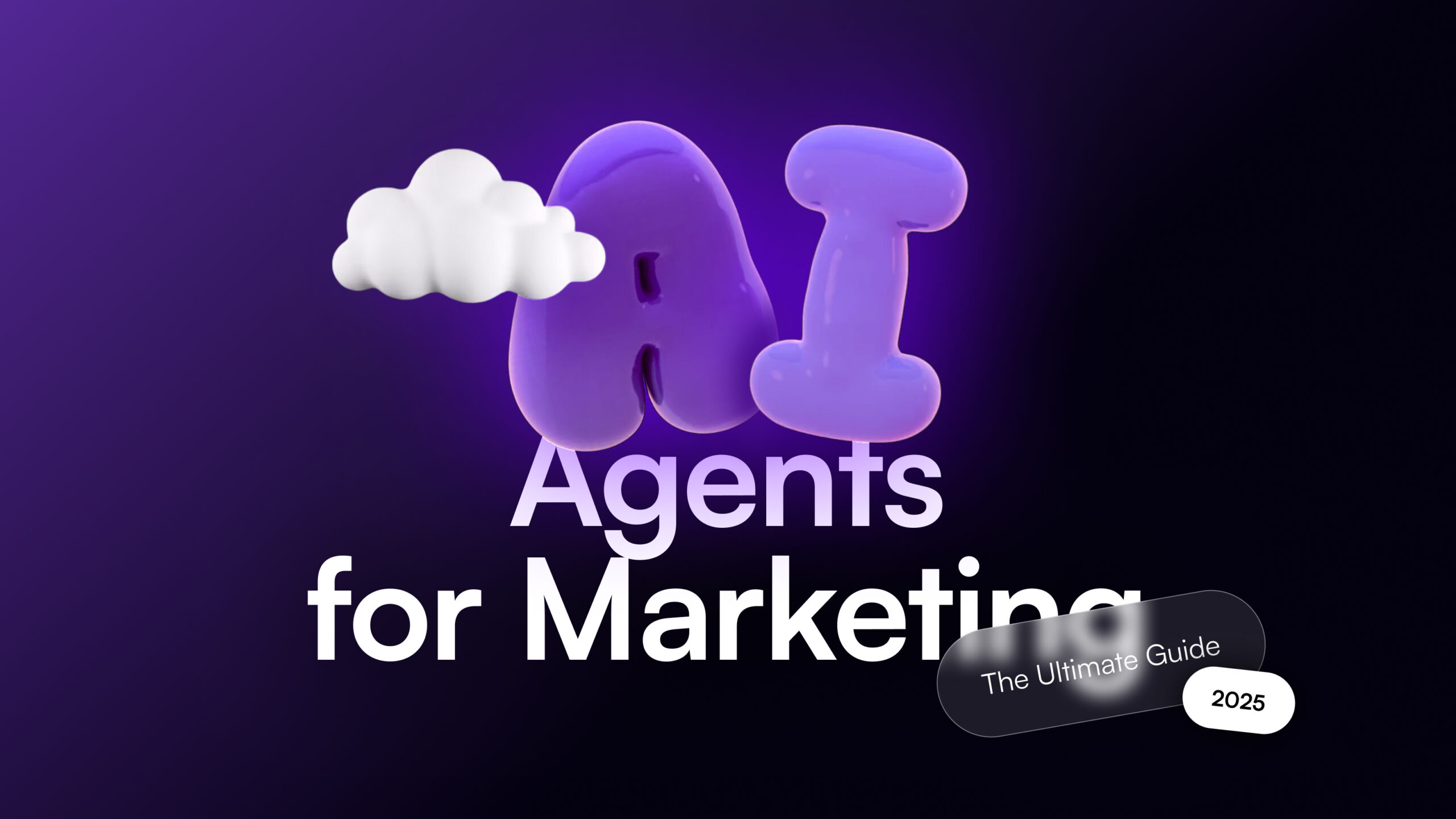
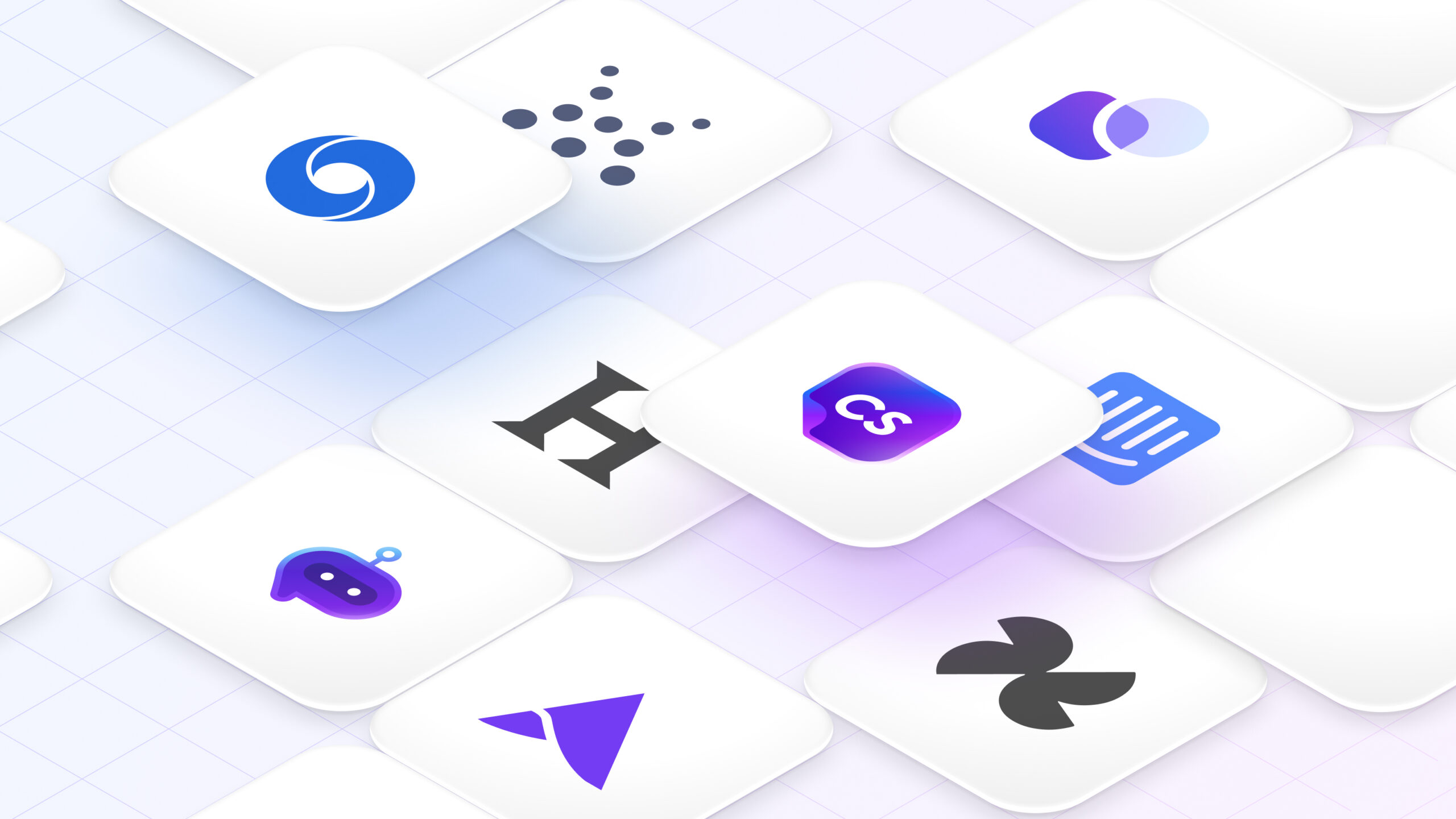
![40 AI Agent Use Cases Across Industries [+Real World Examples]](/wp-content/uploads/AI-Agent-Use-Cases-1-scaled.jpg)
